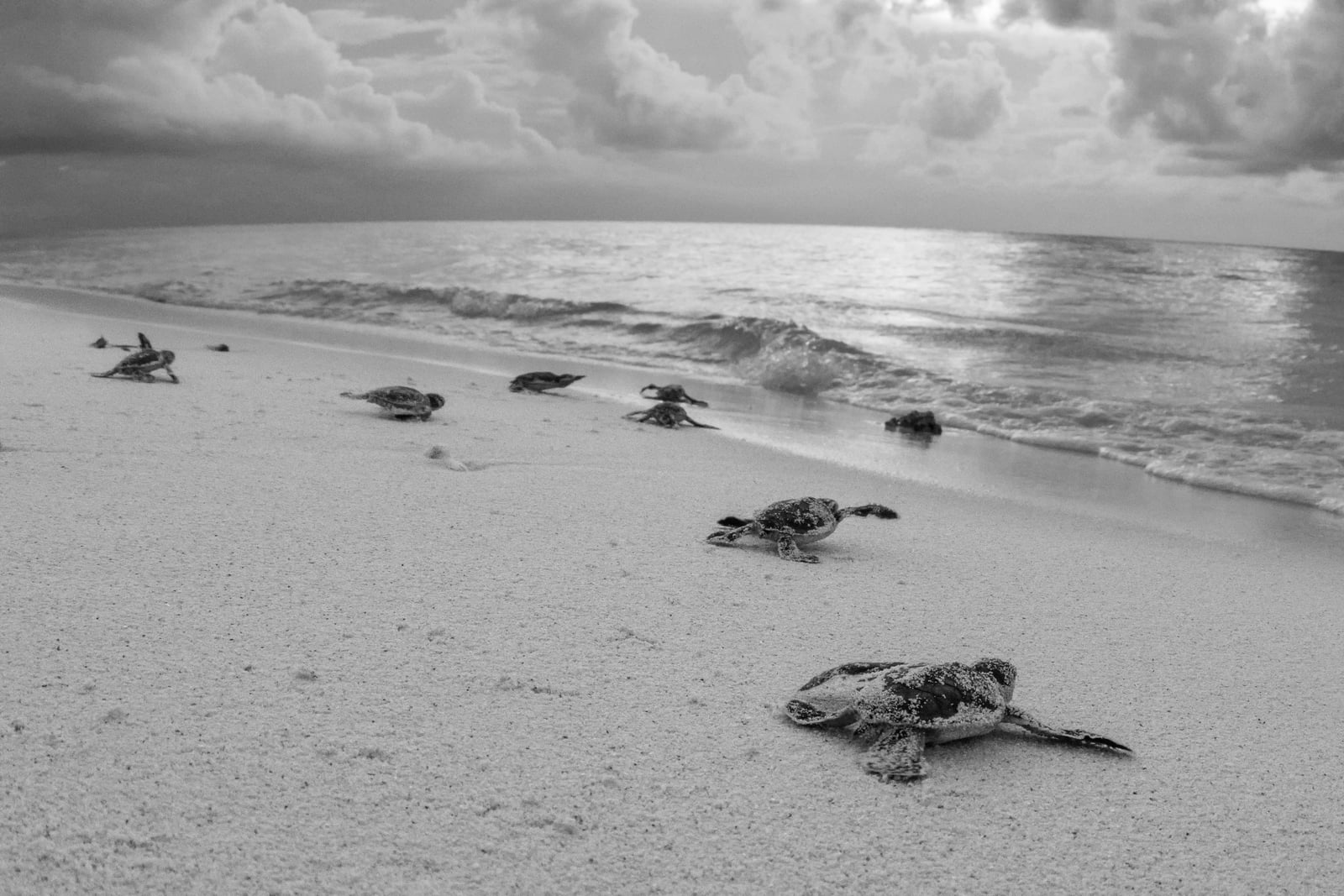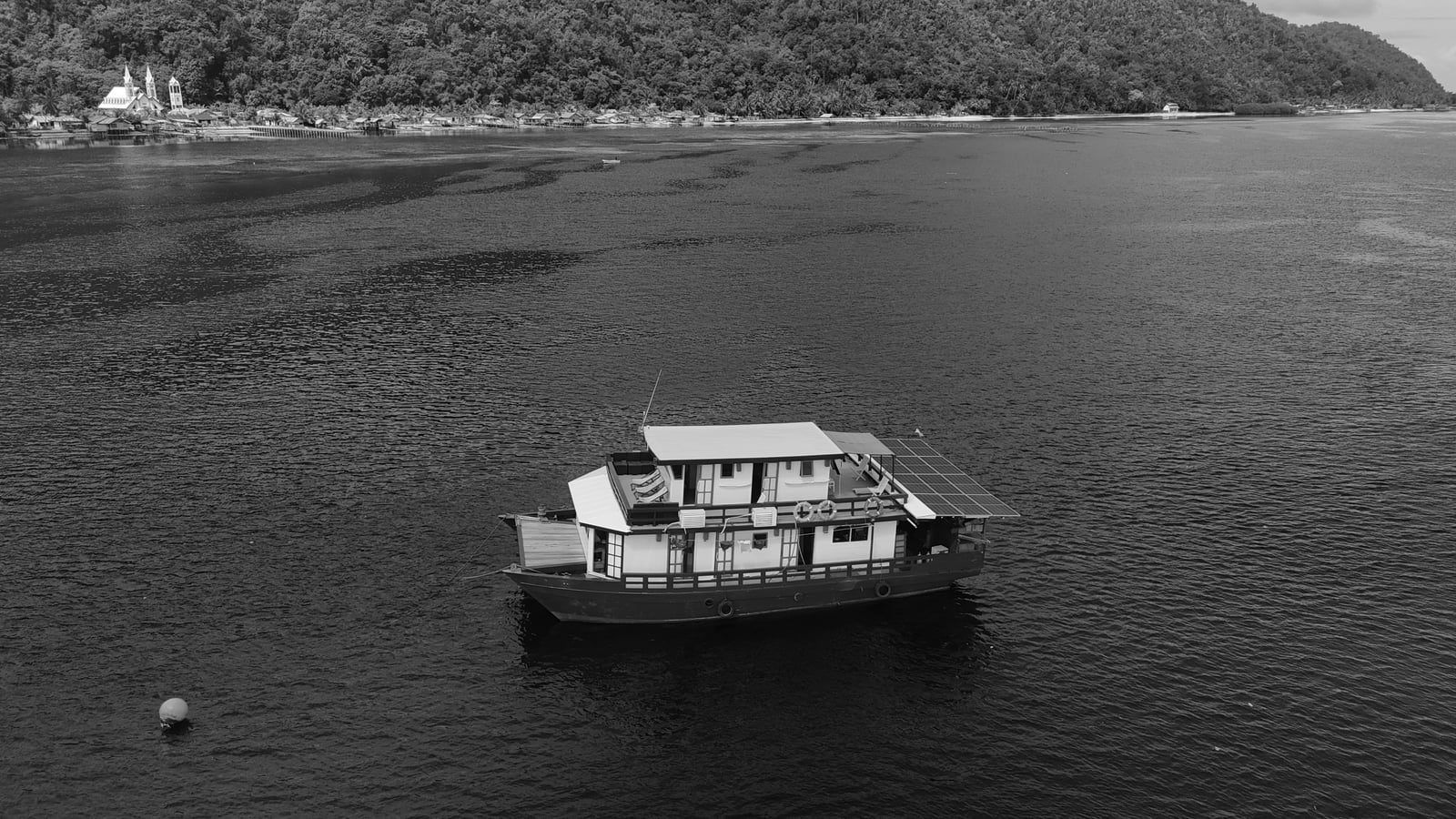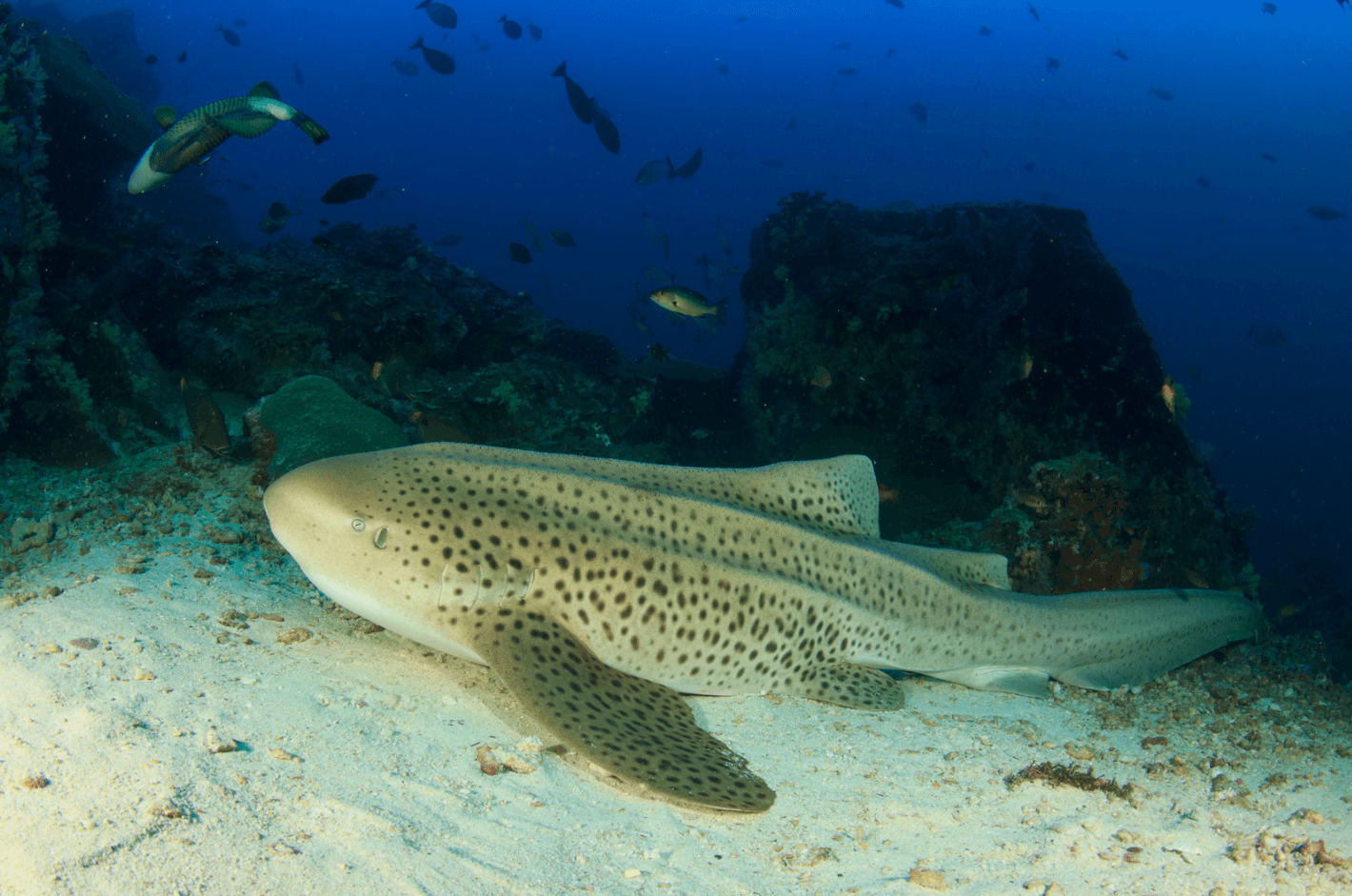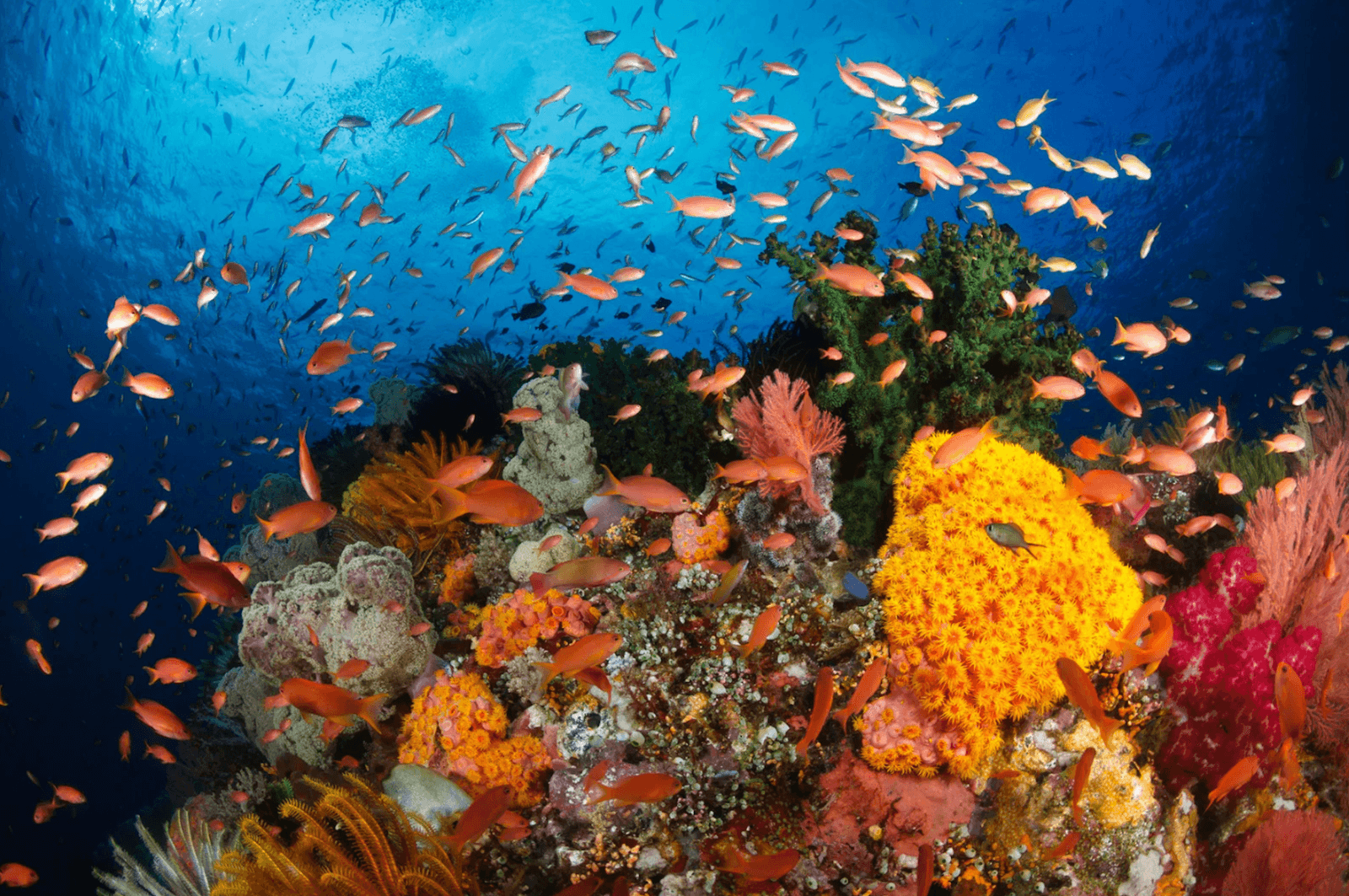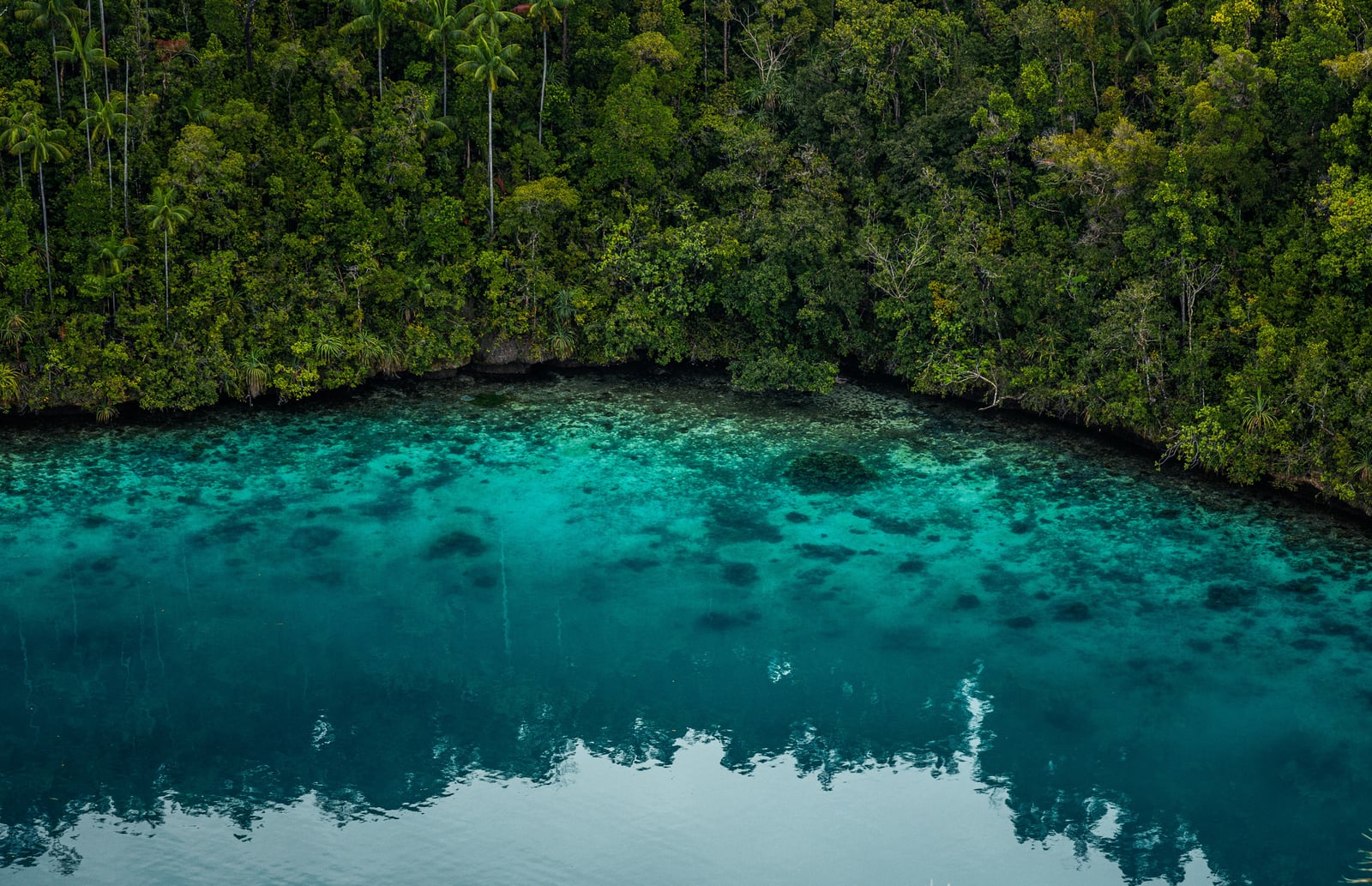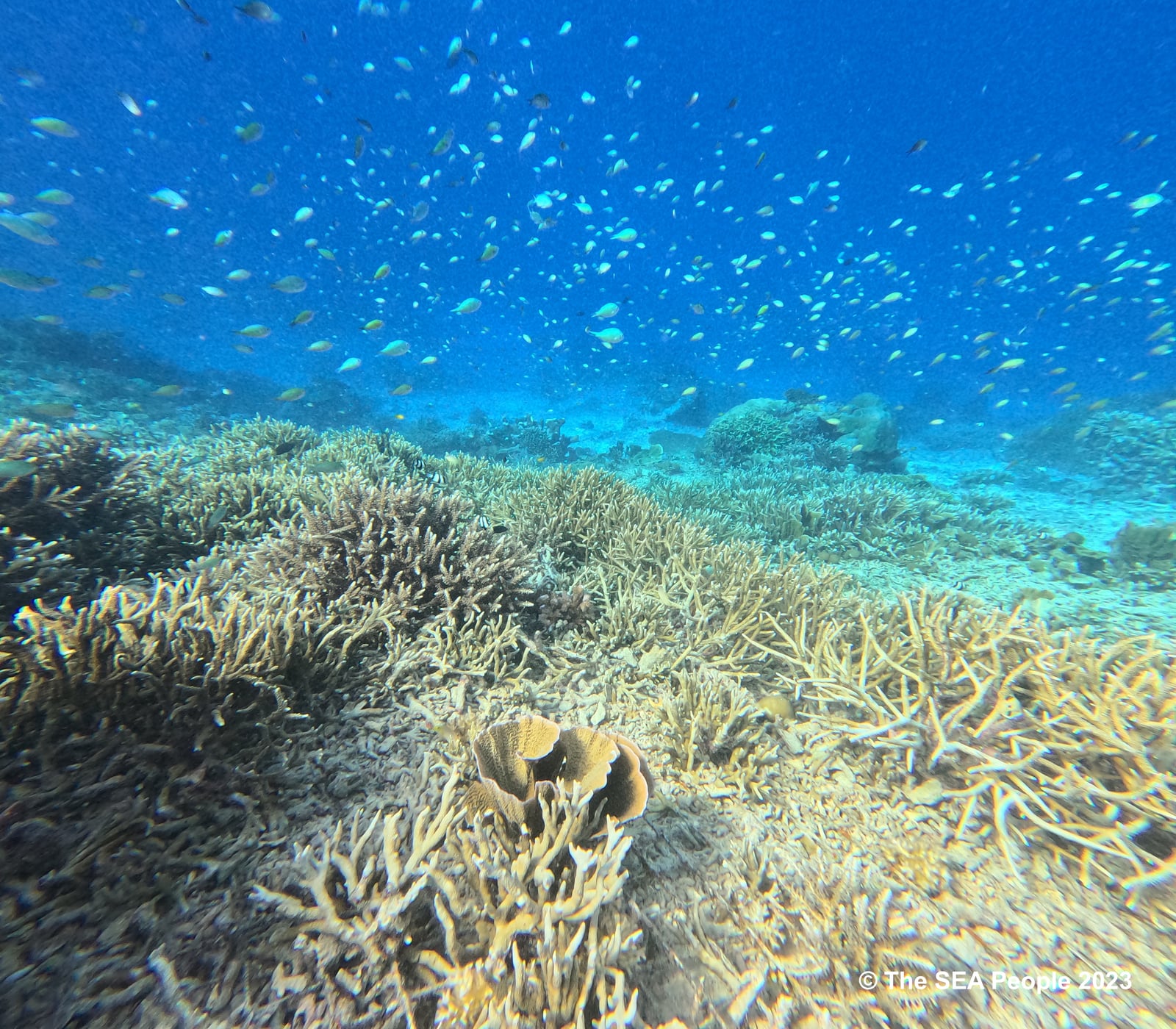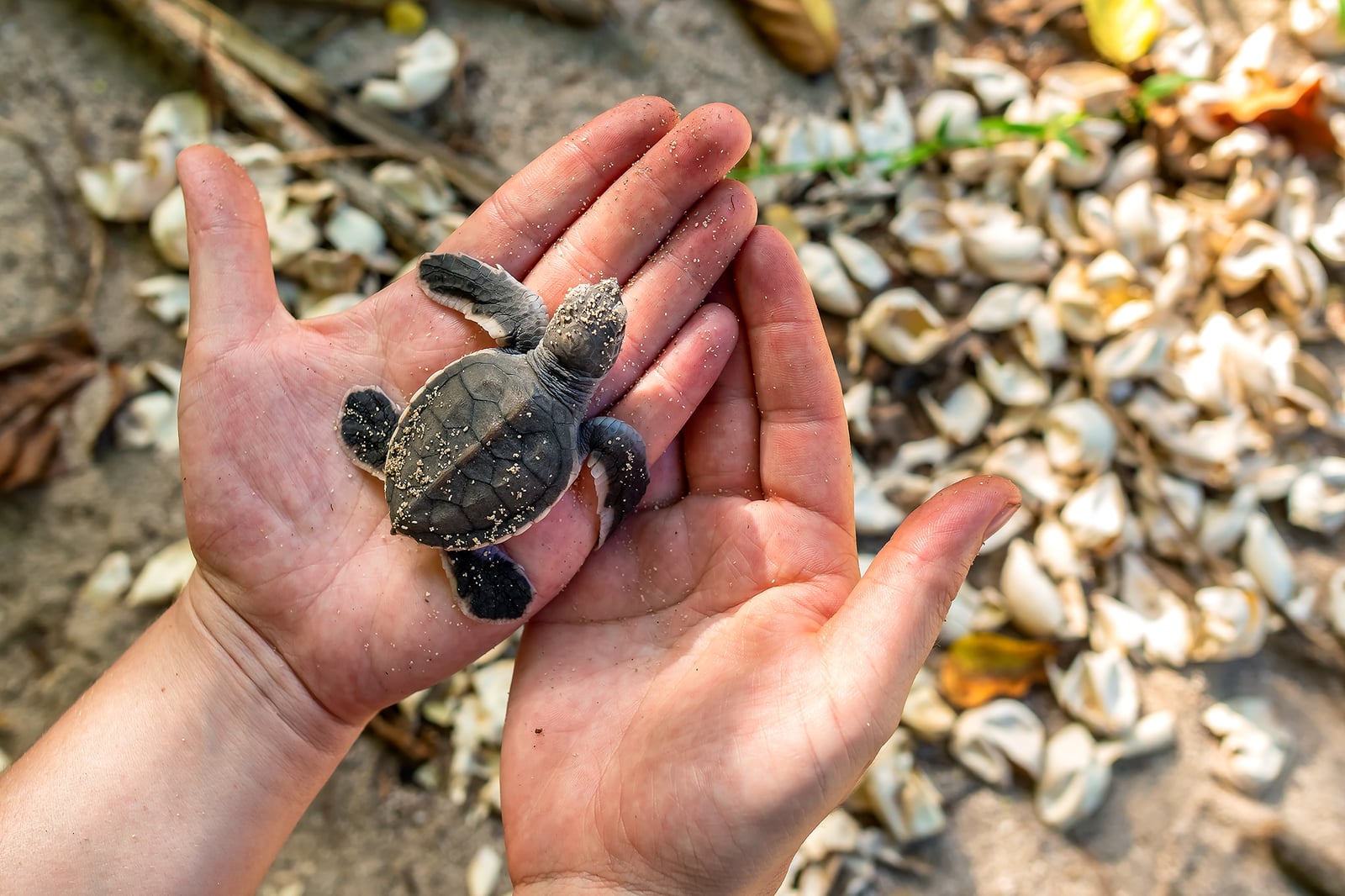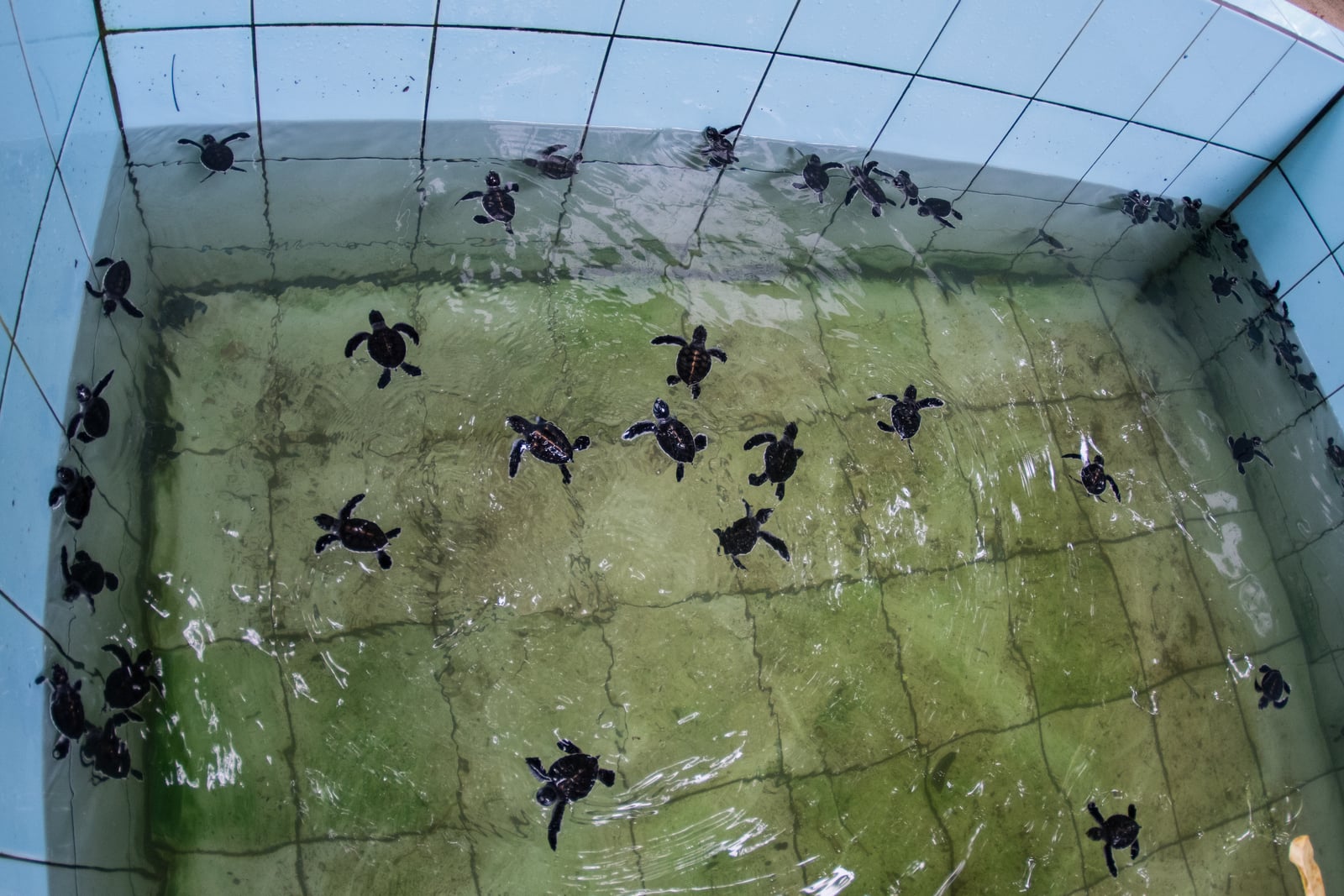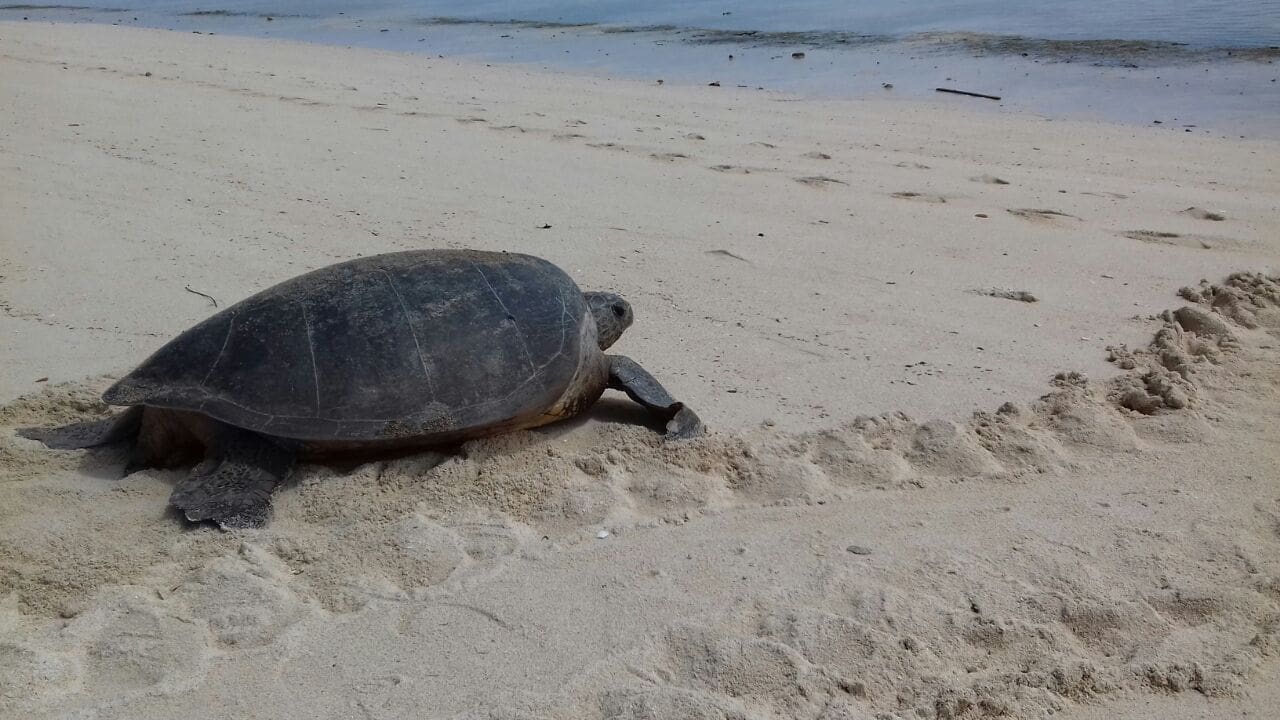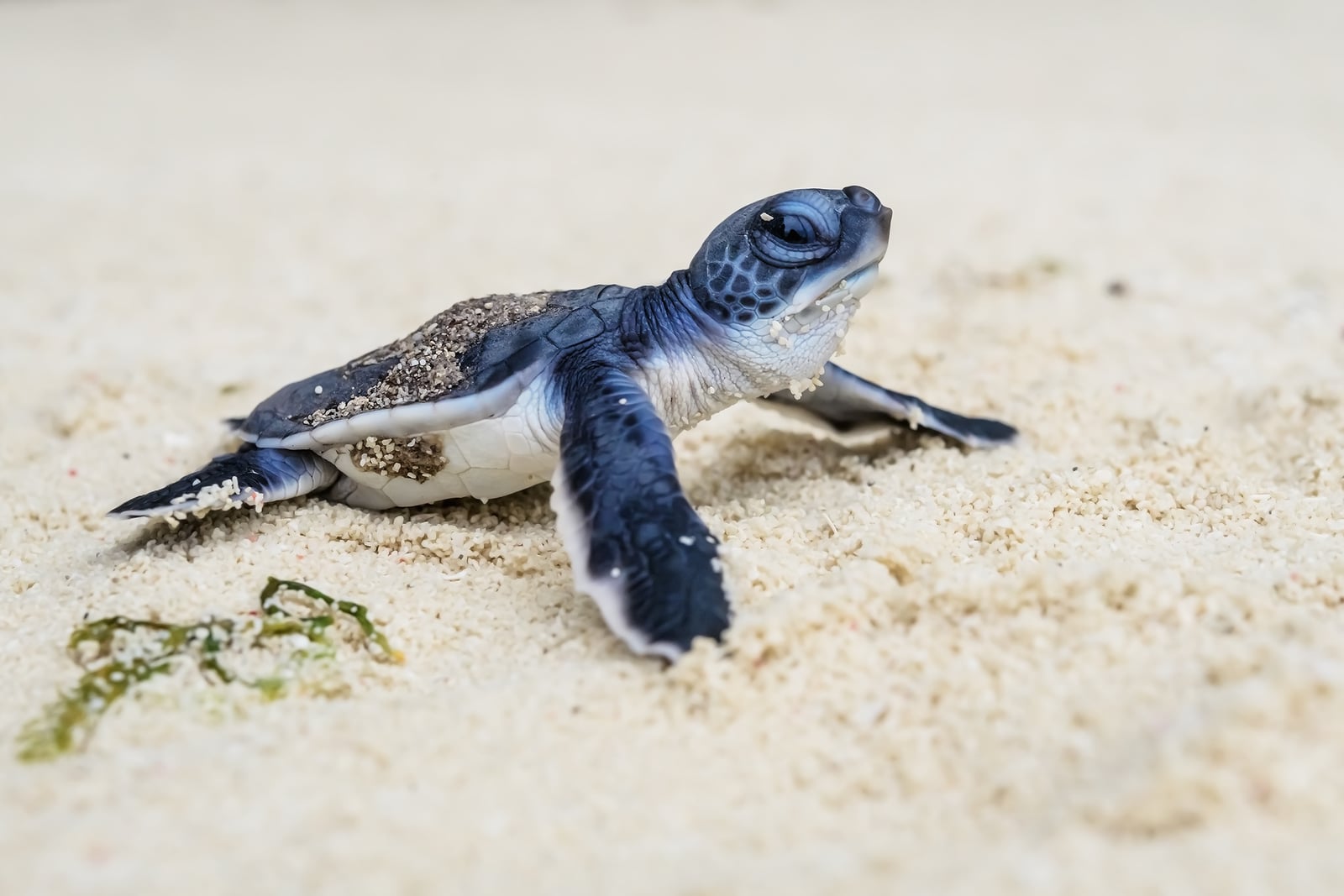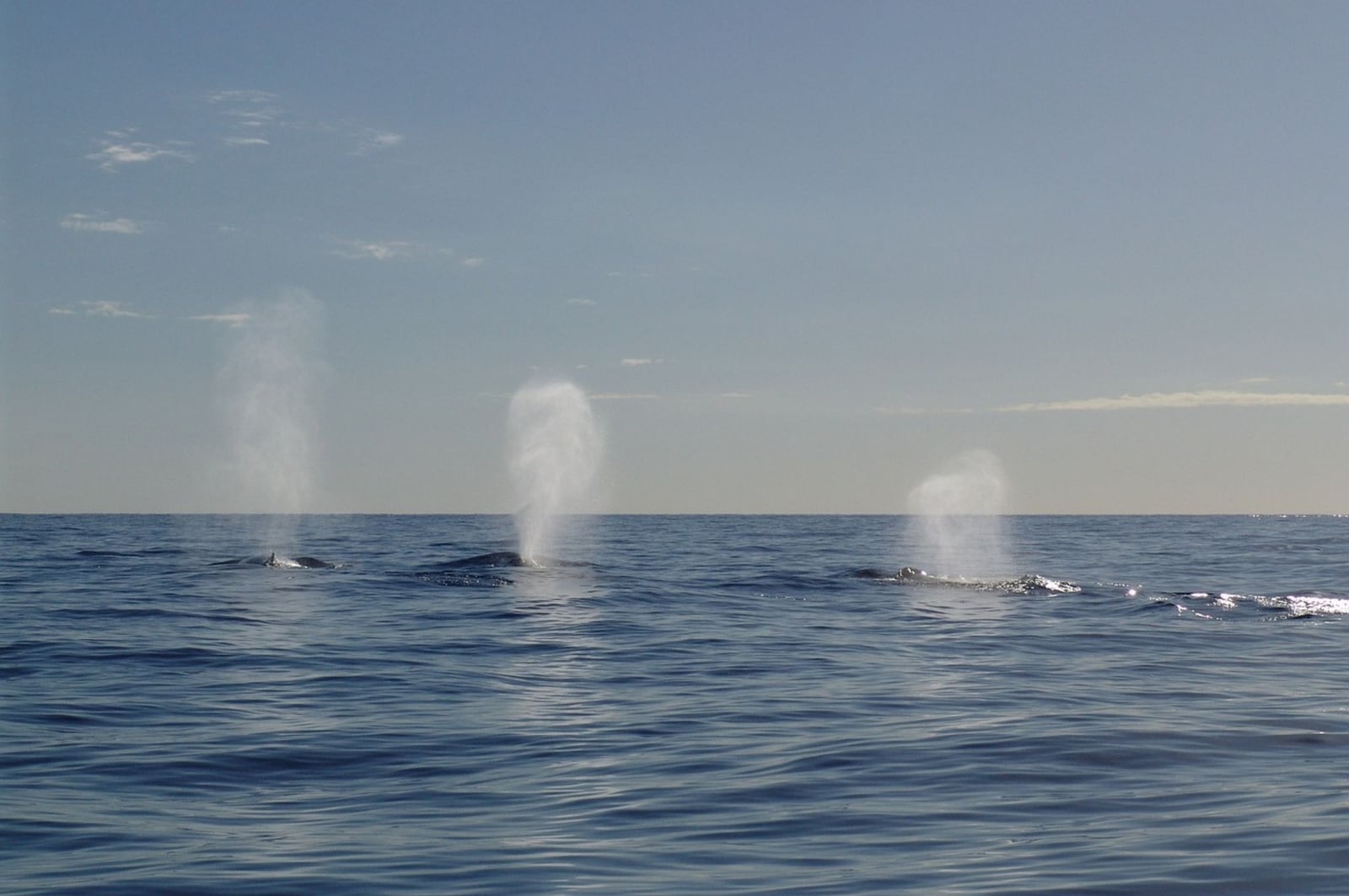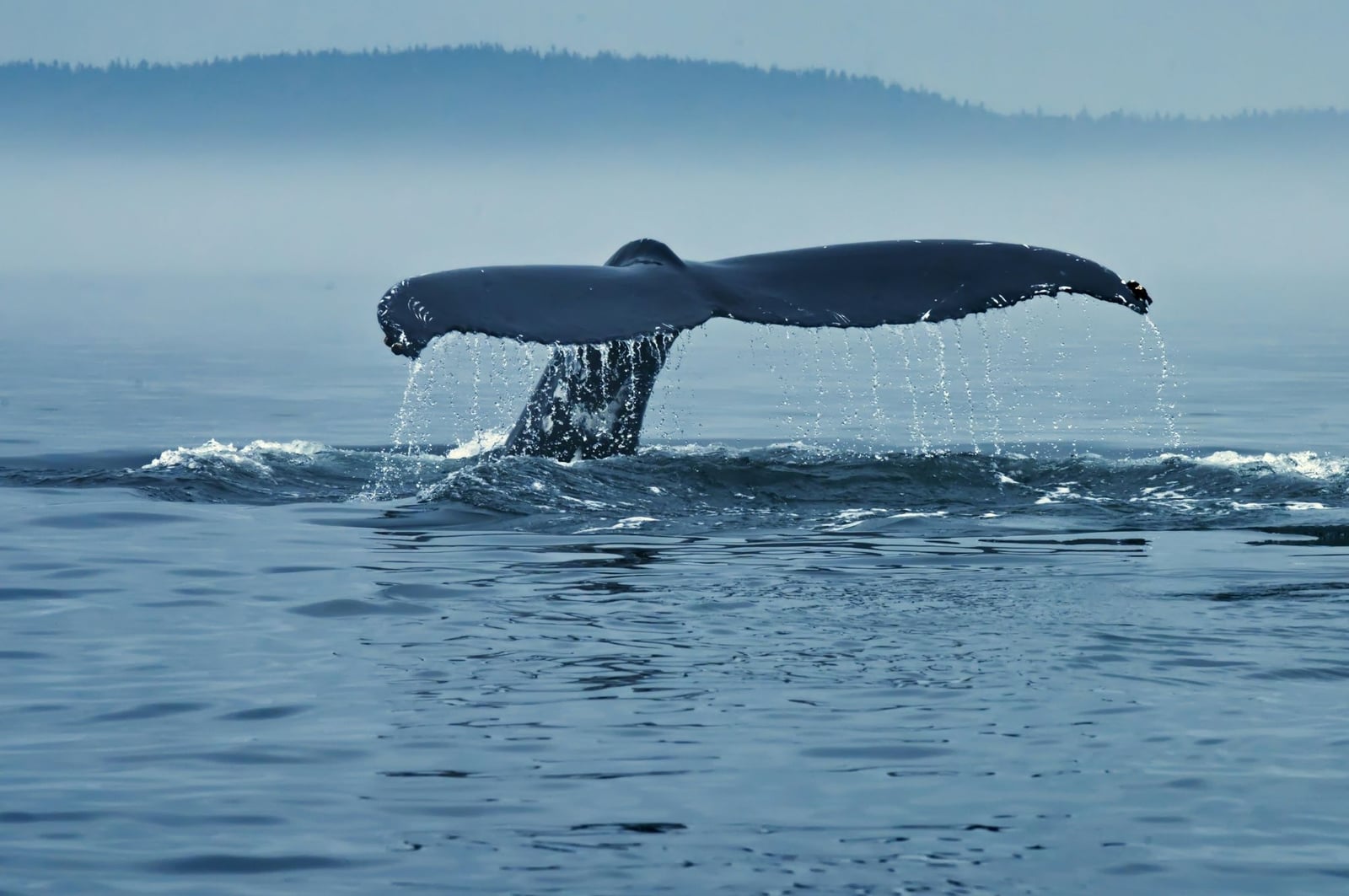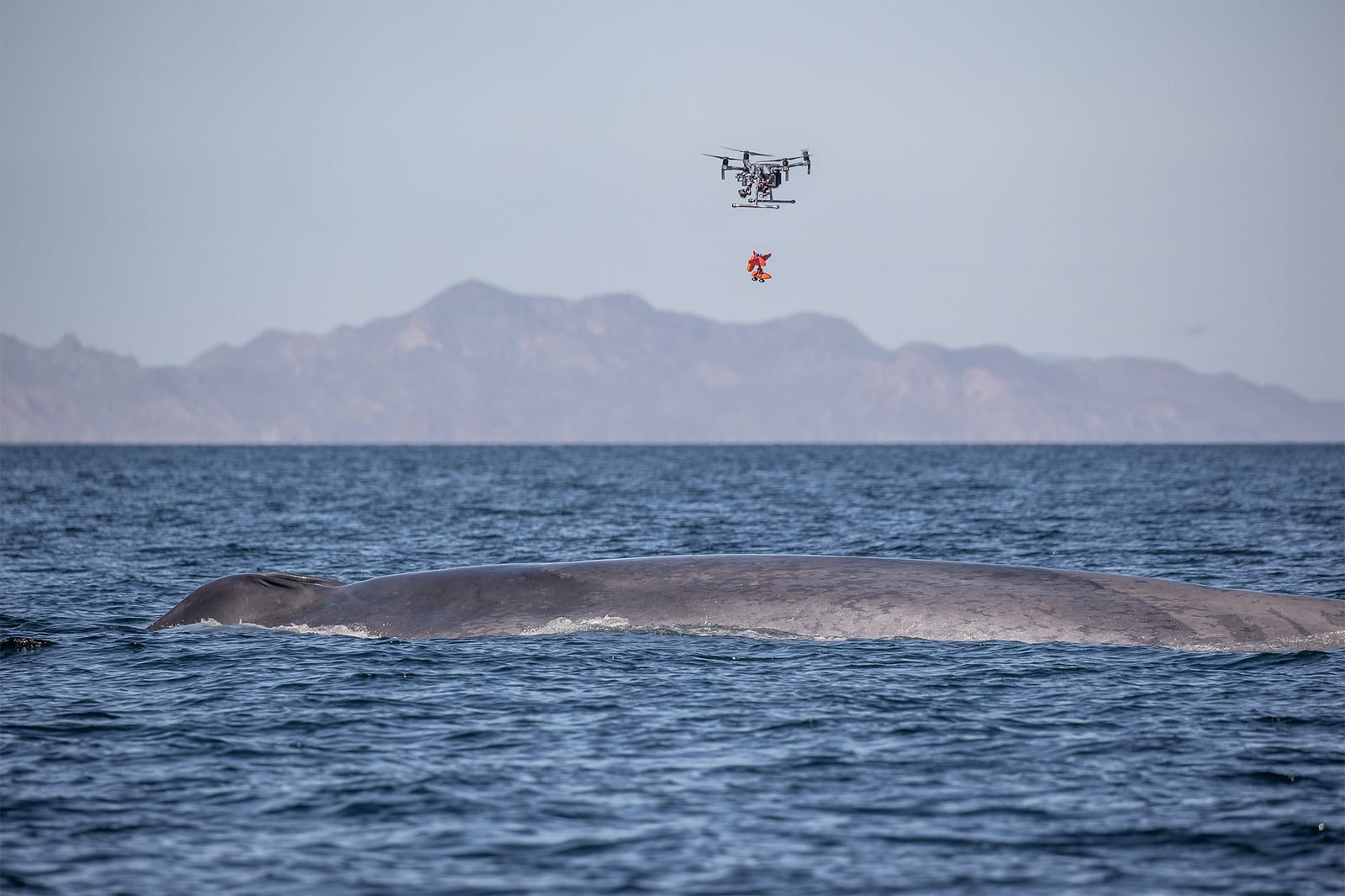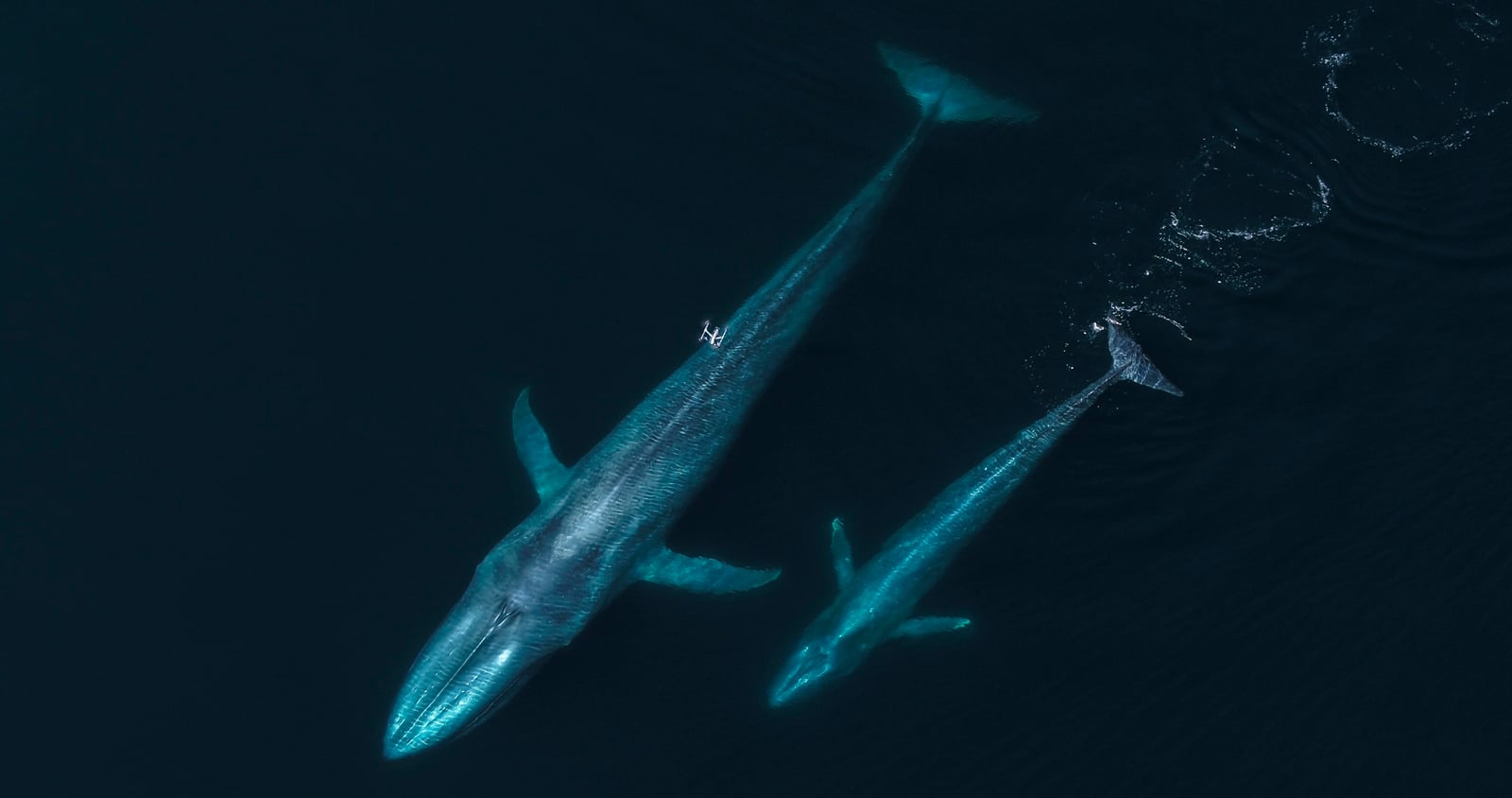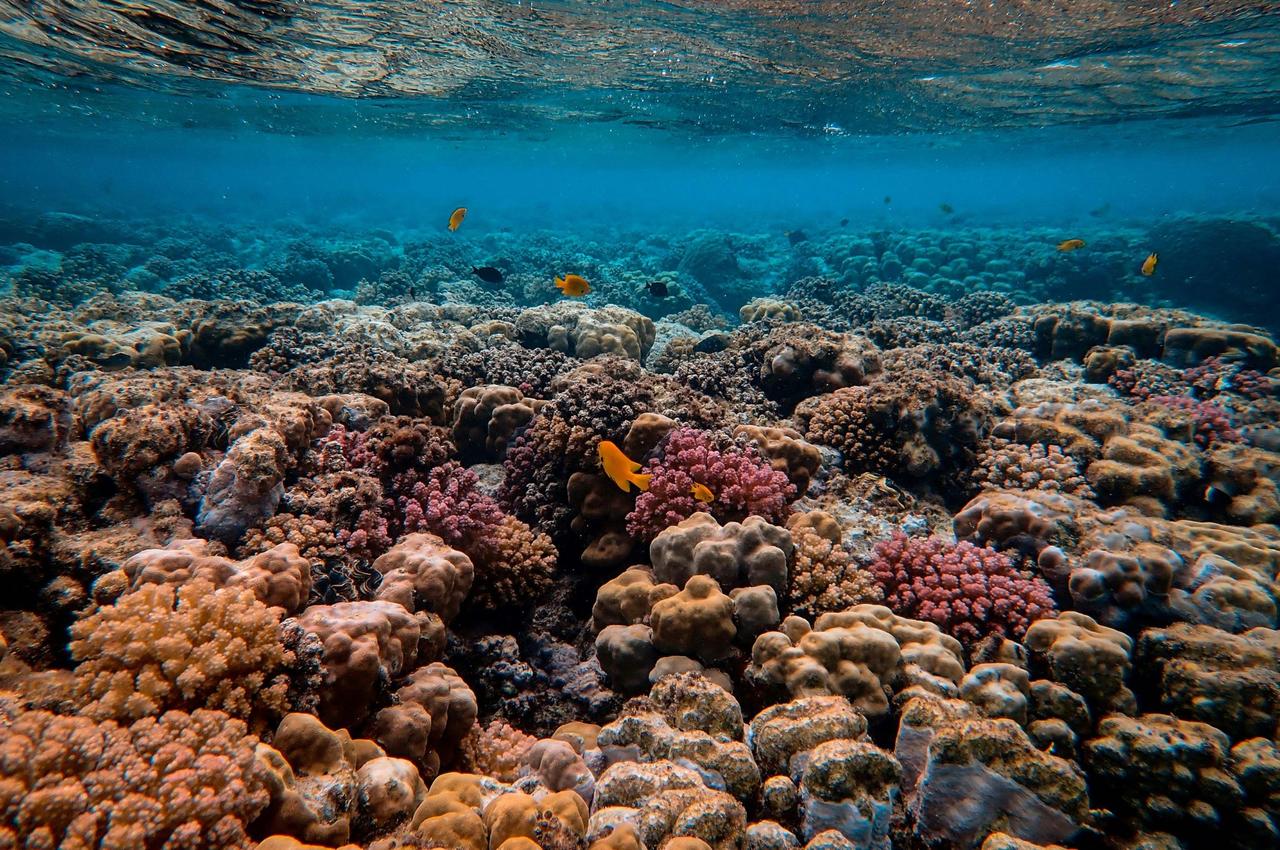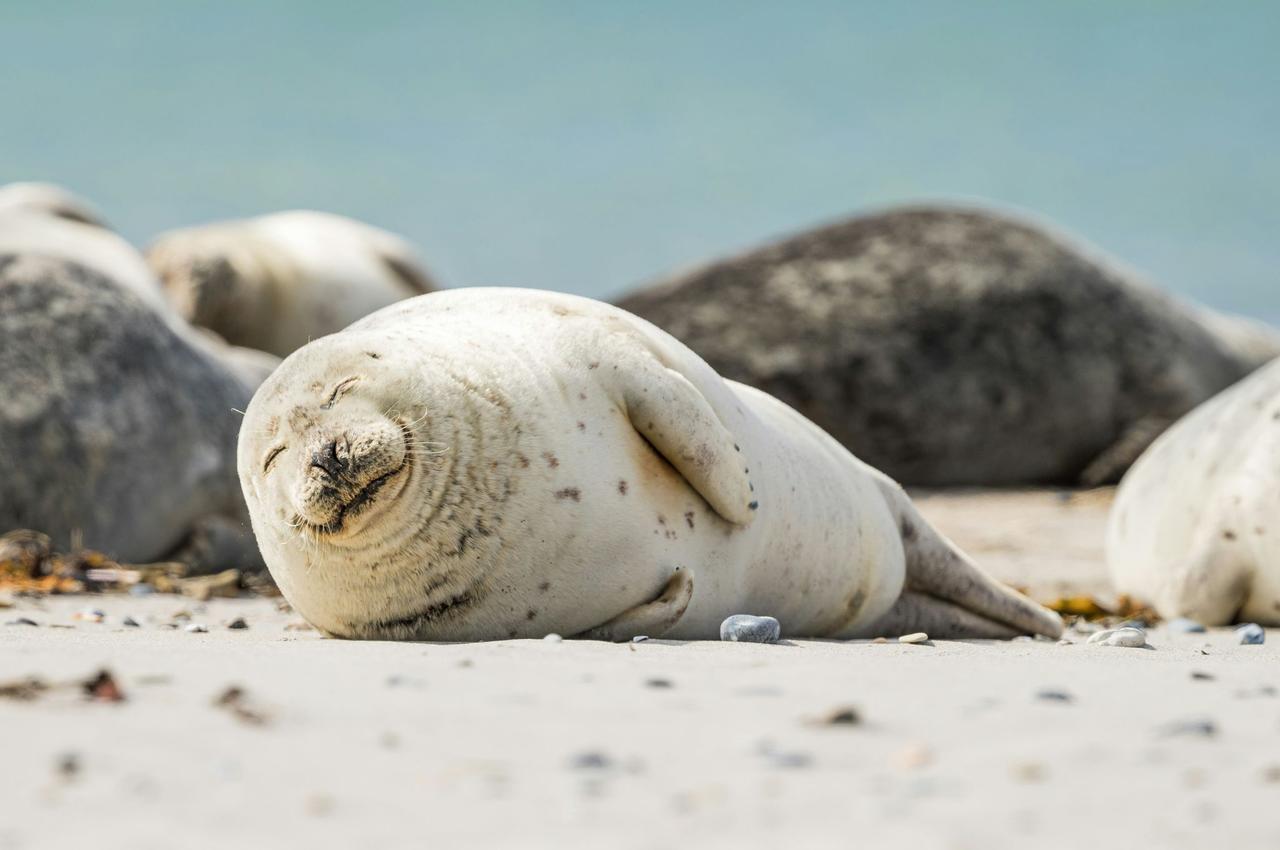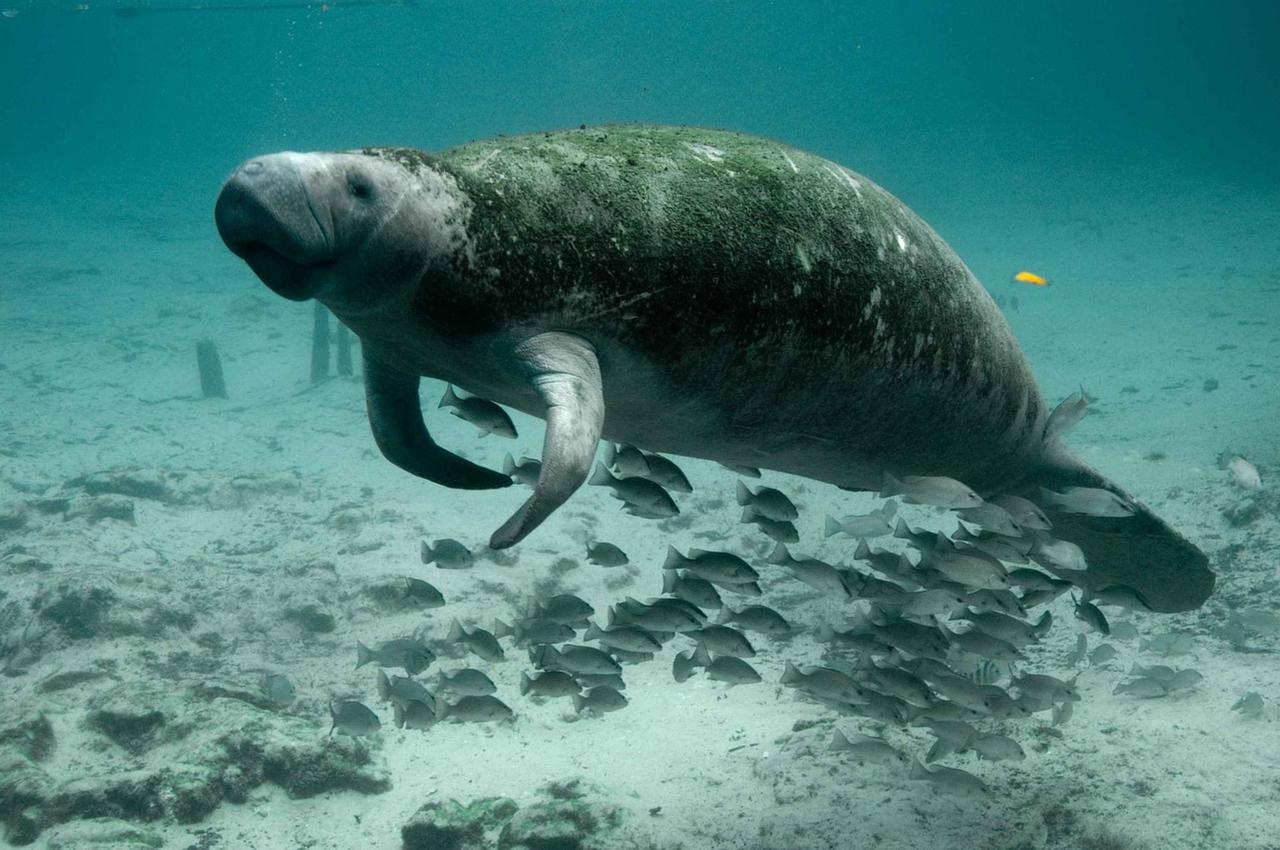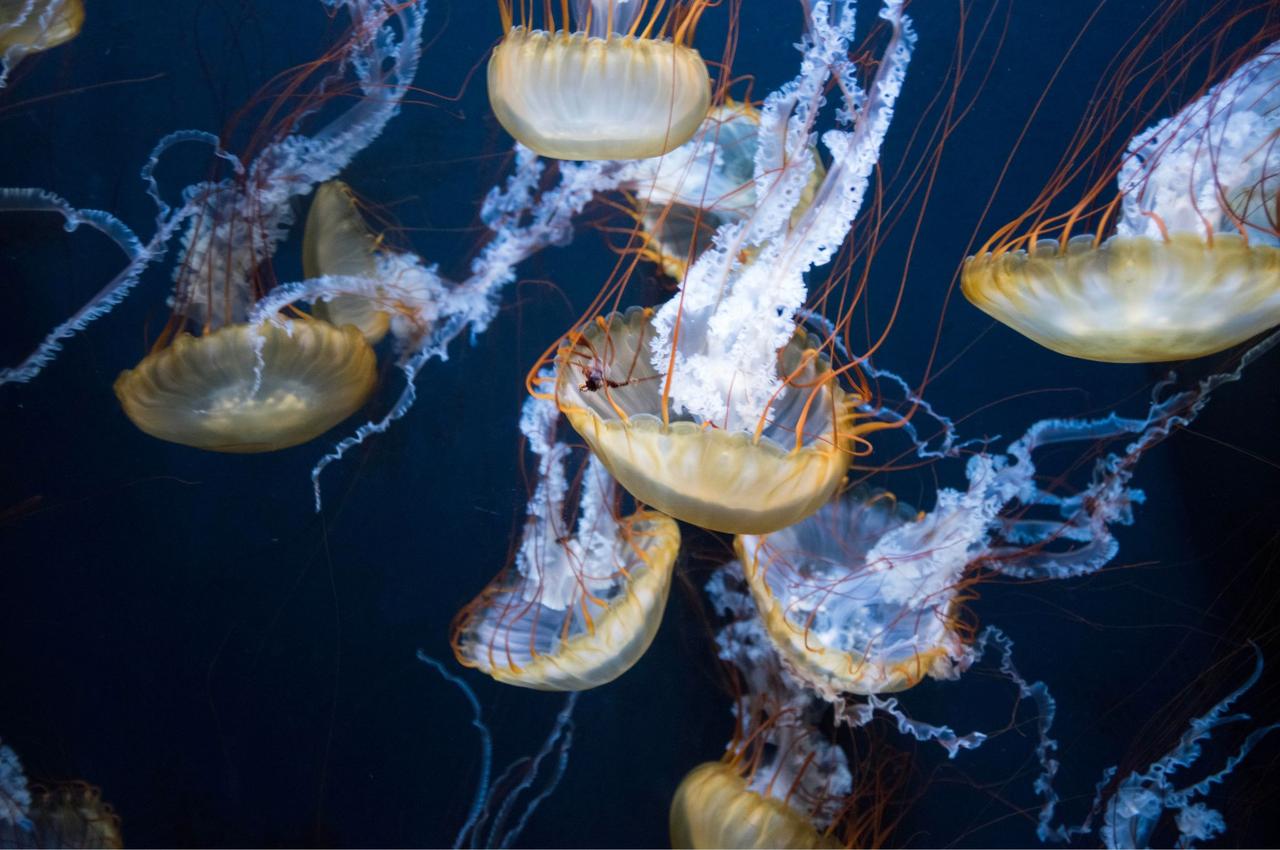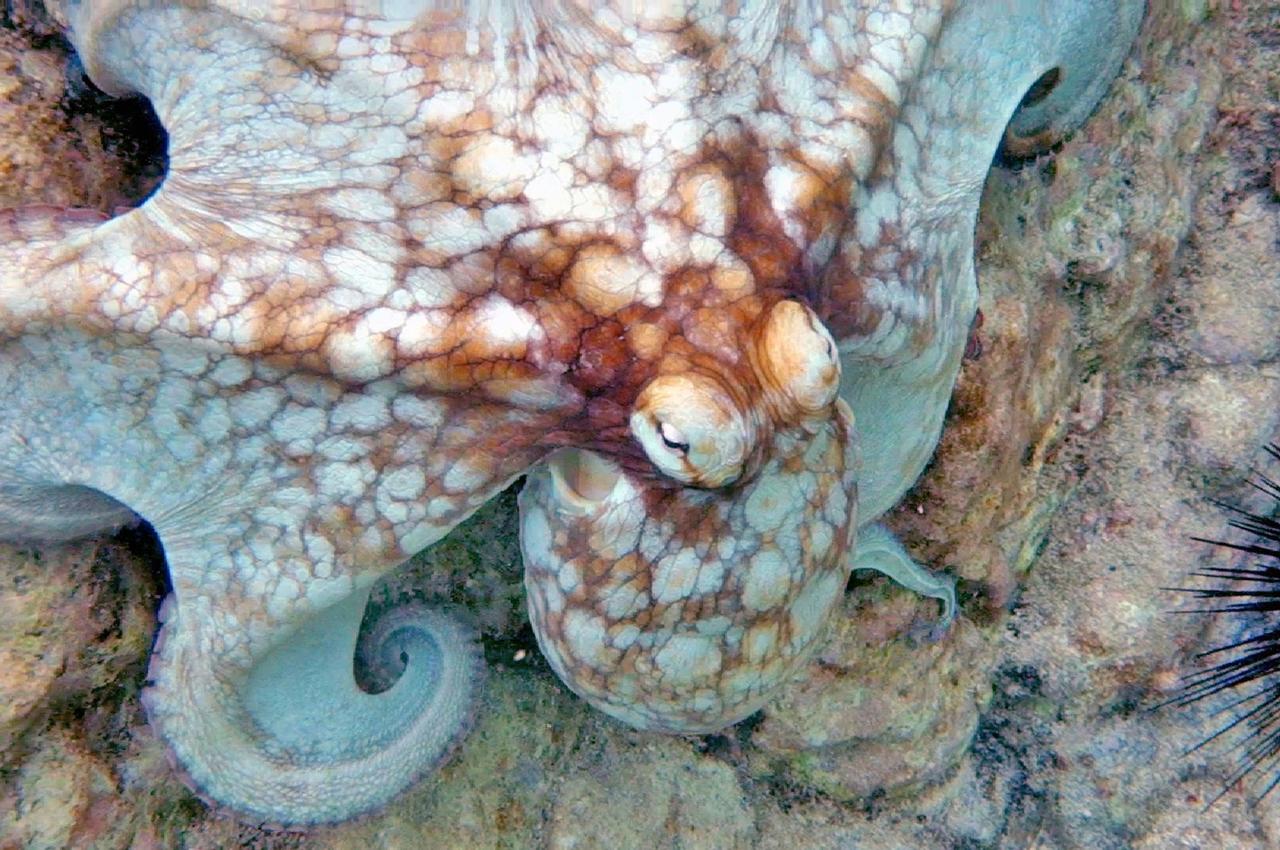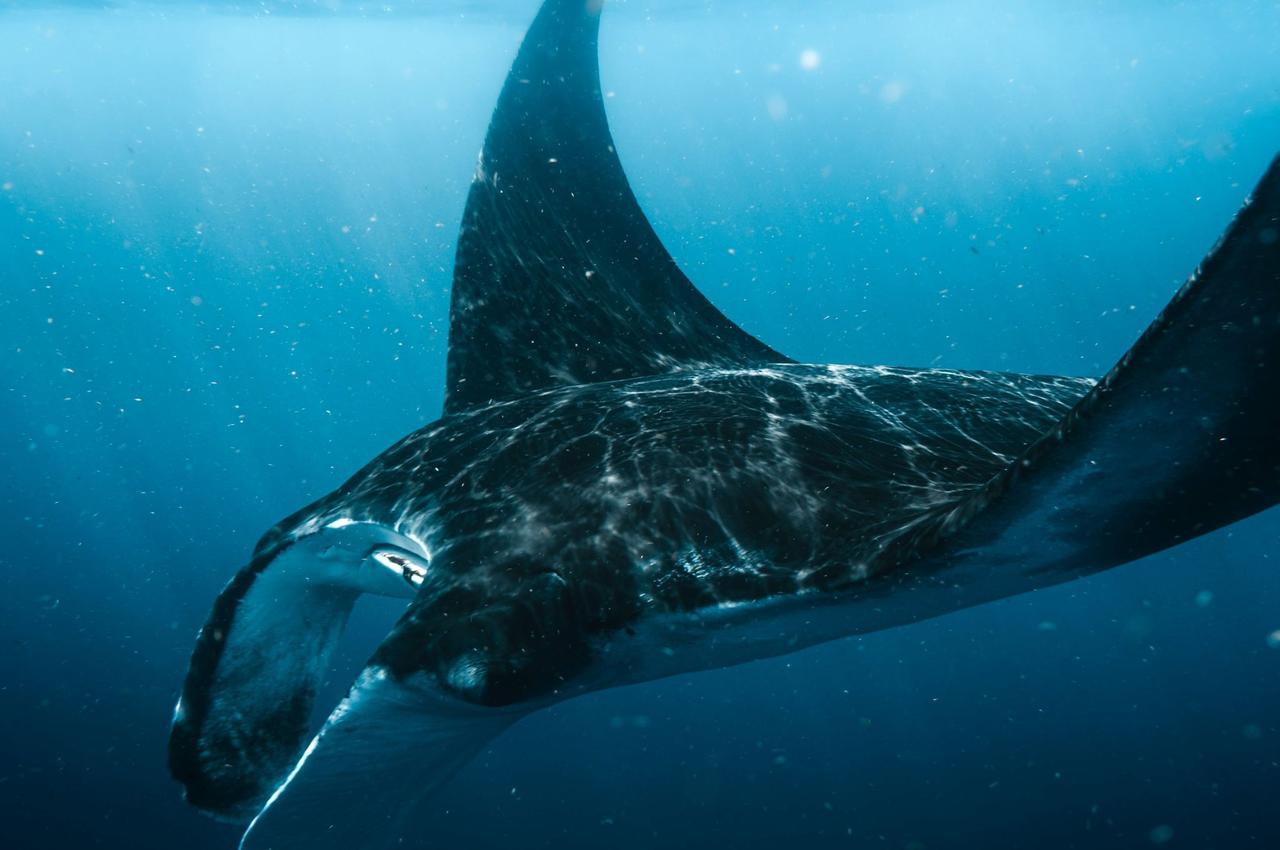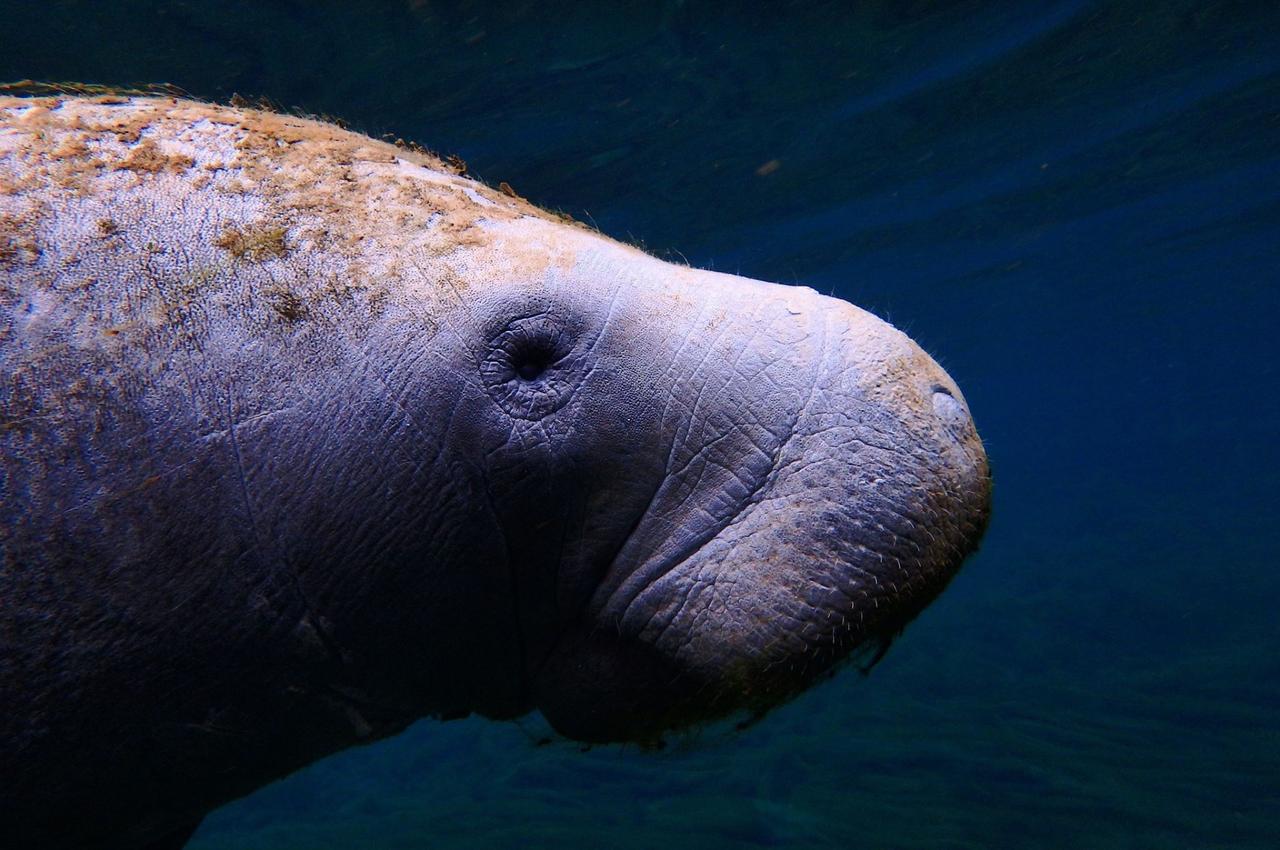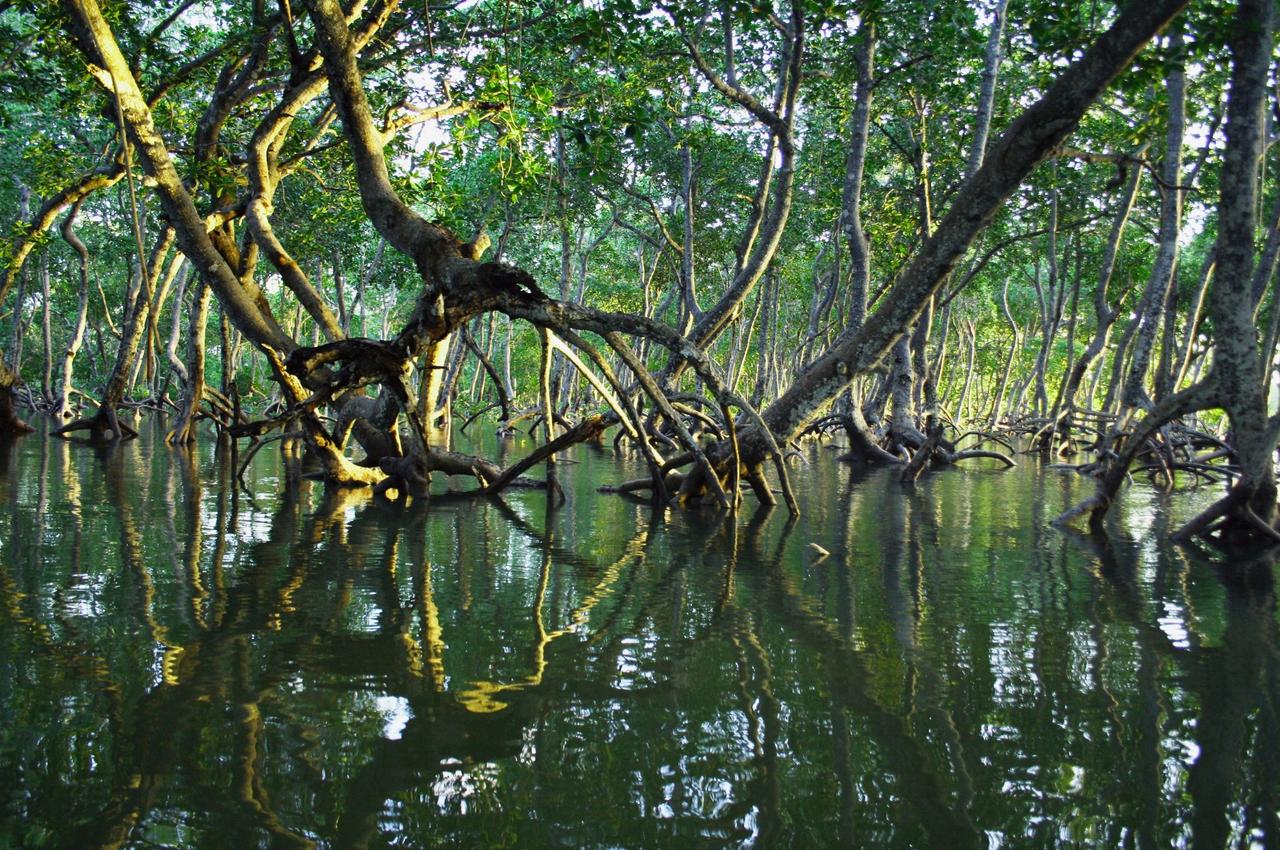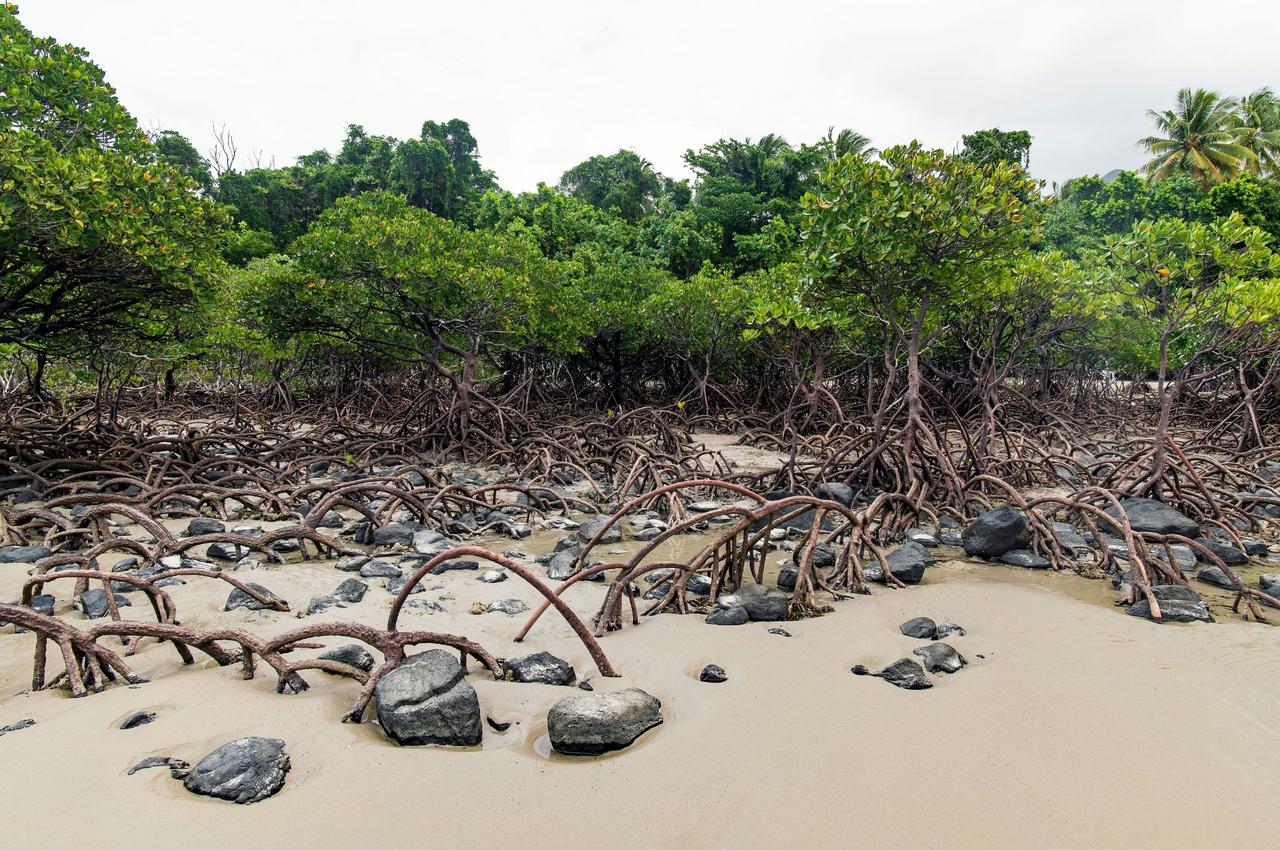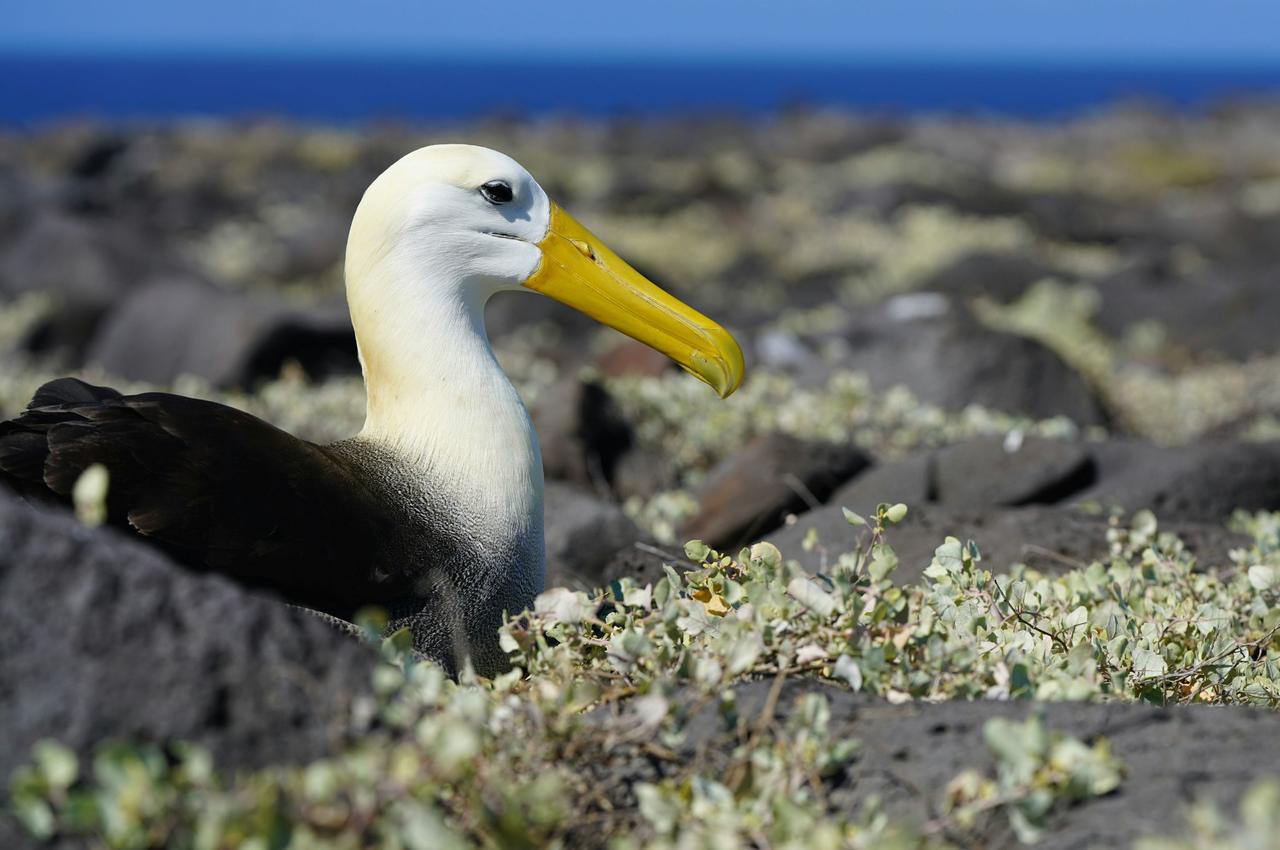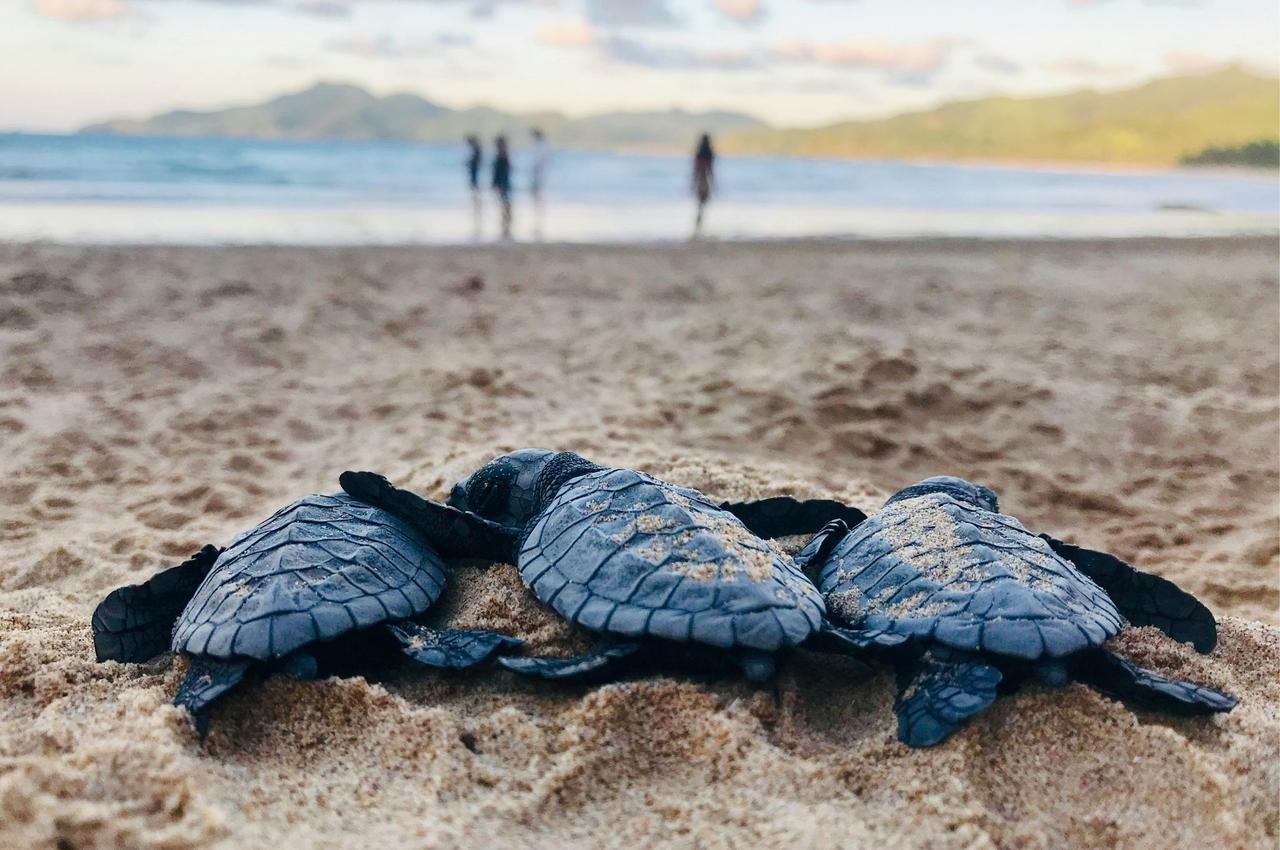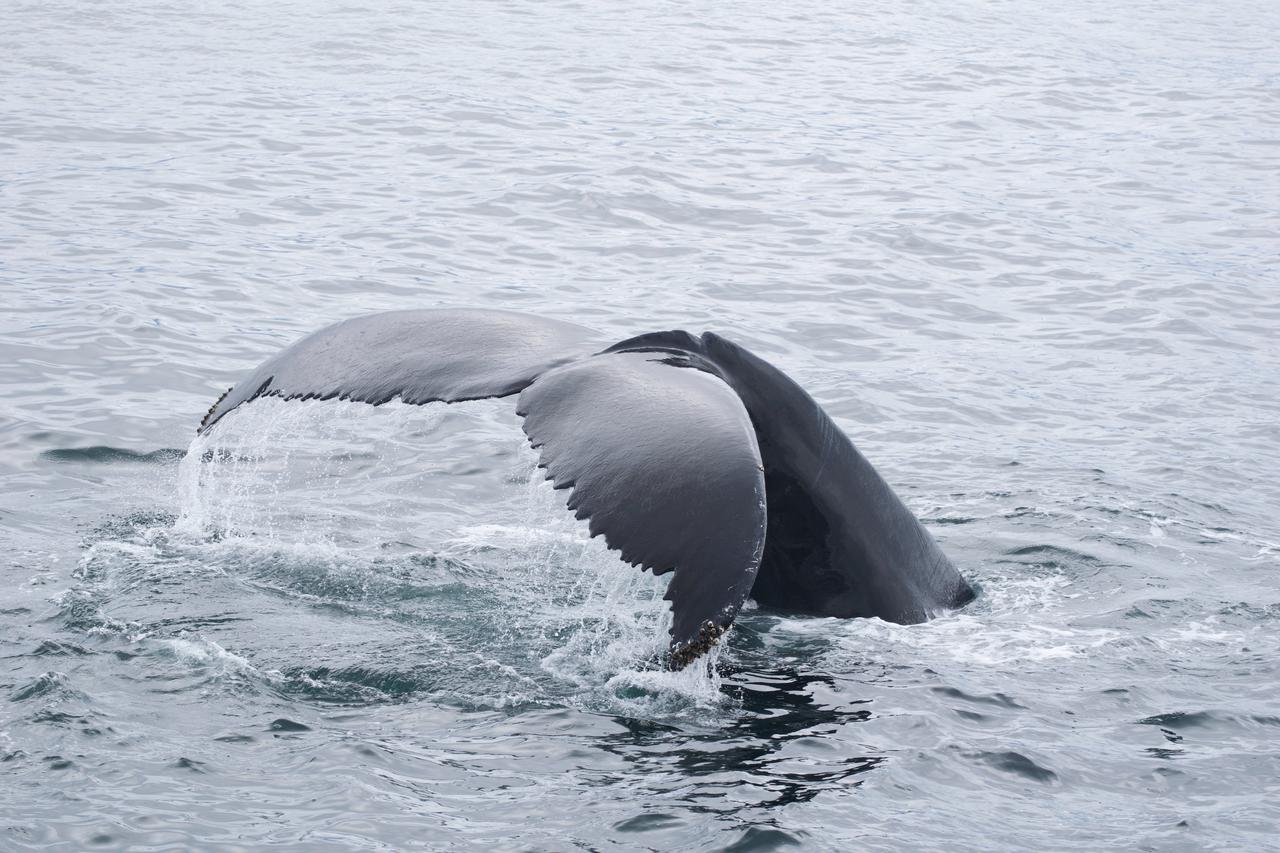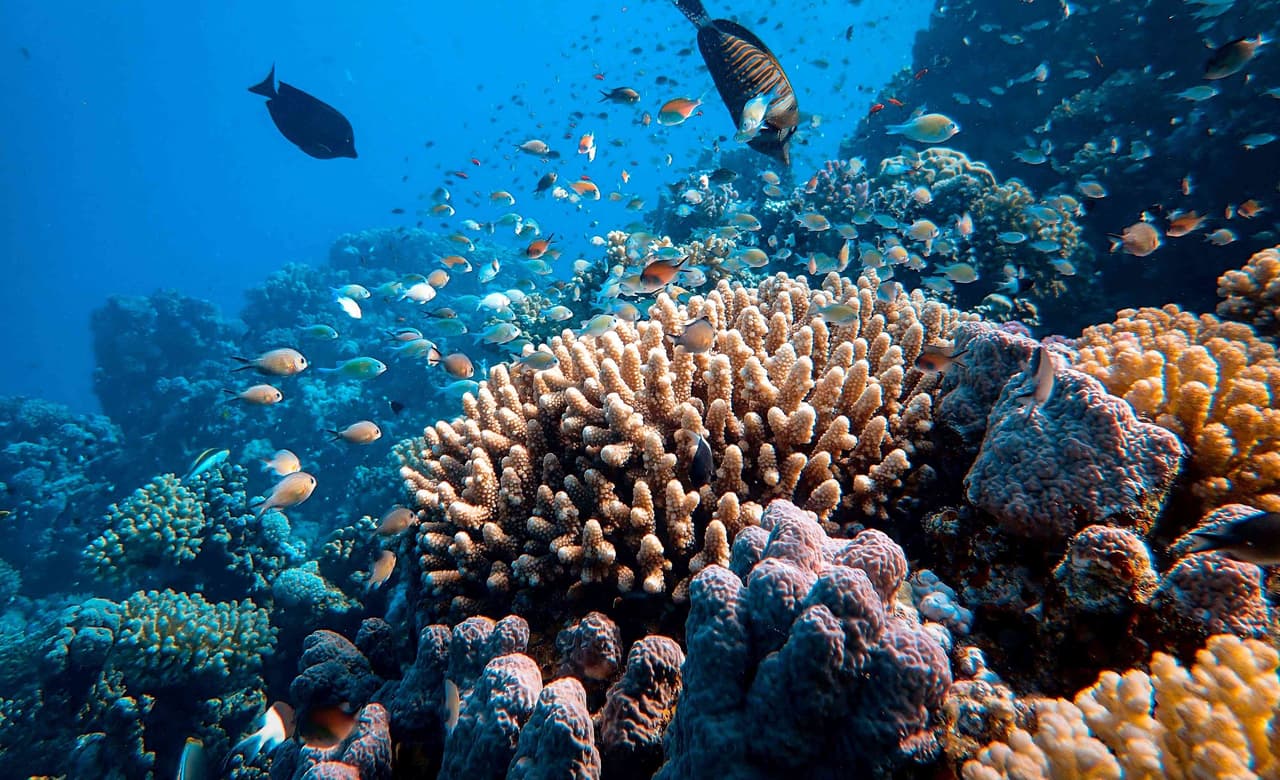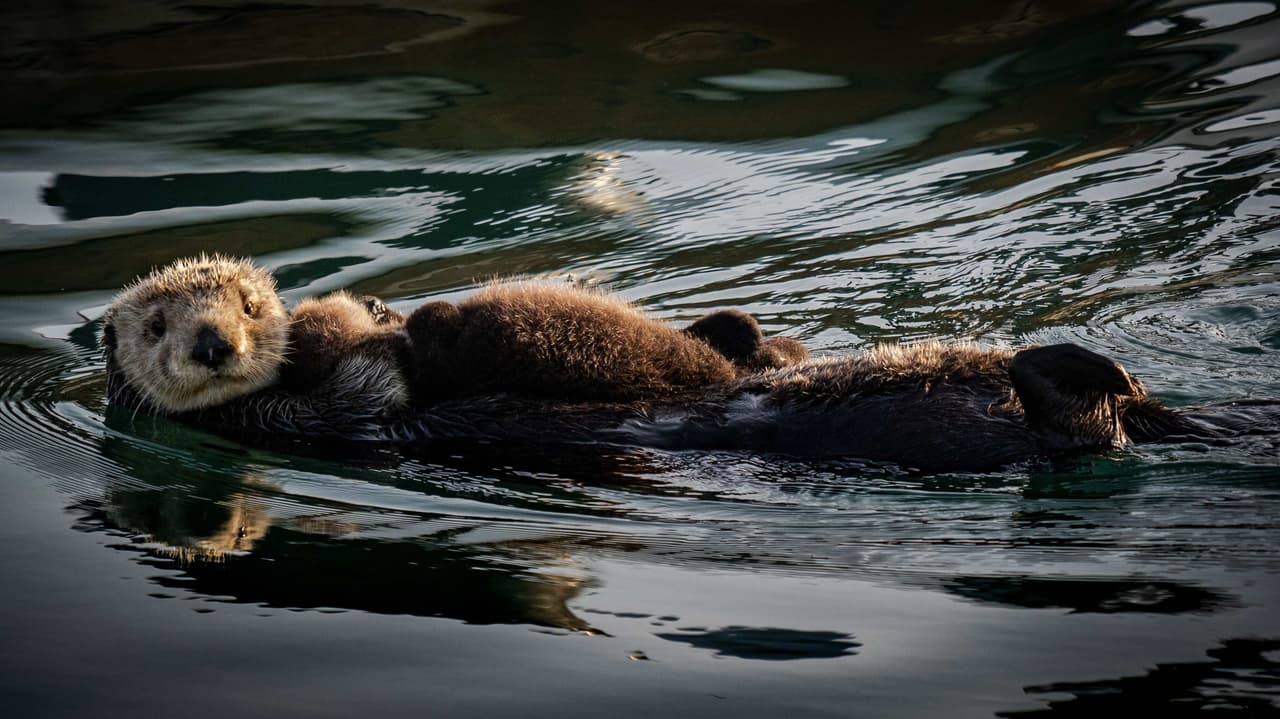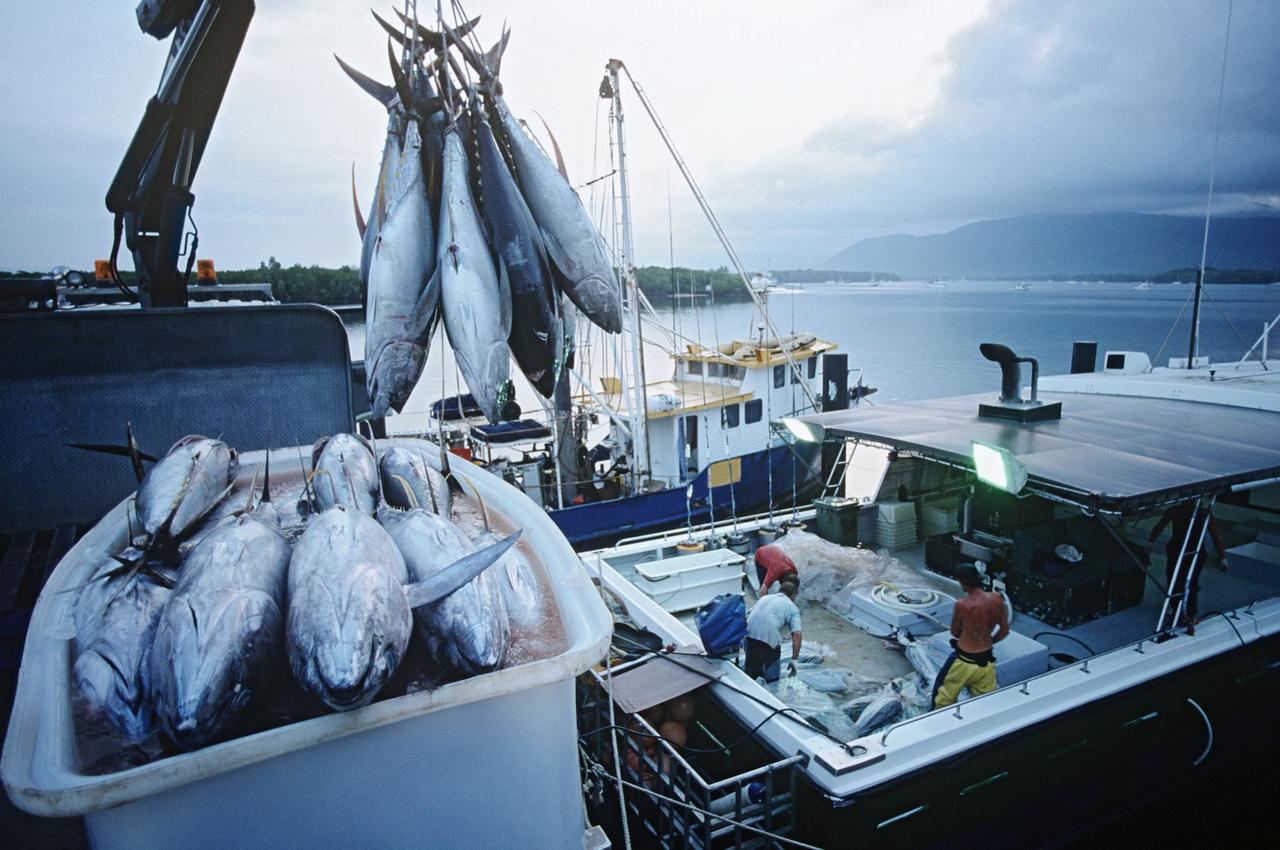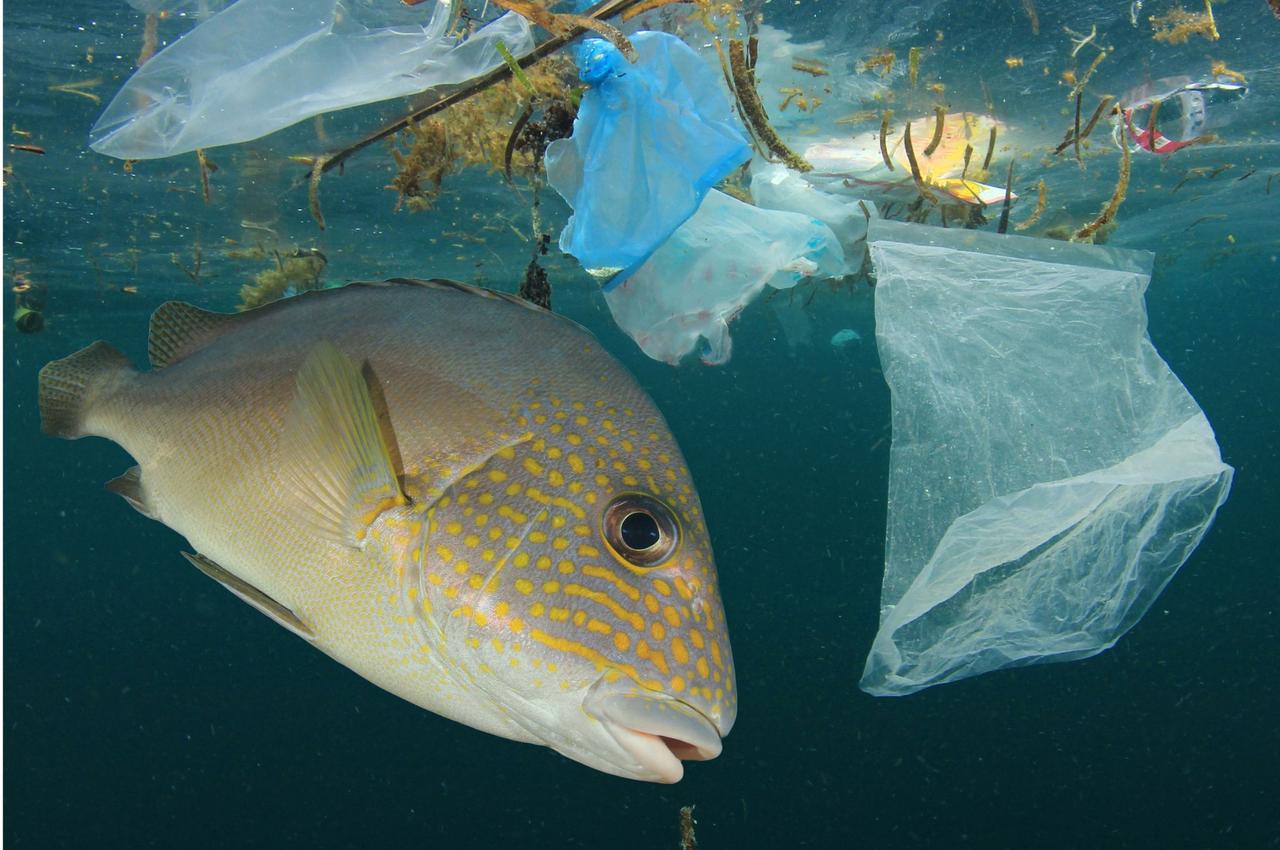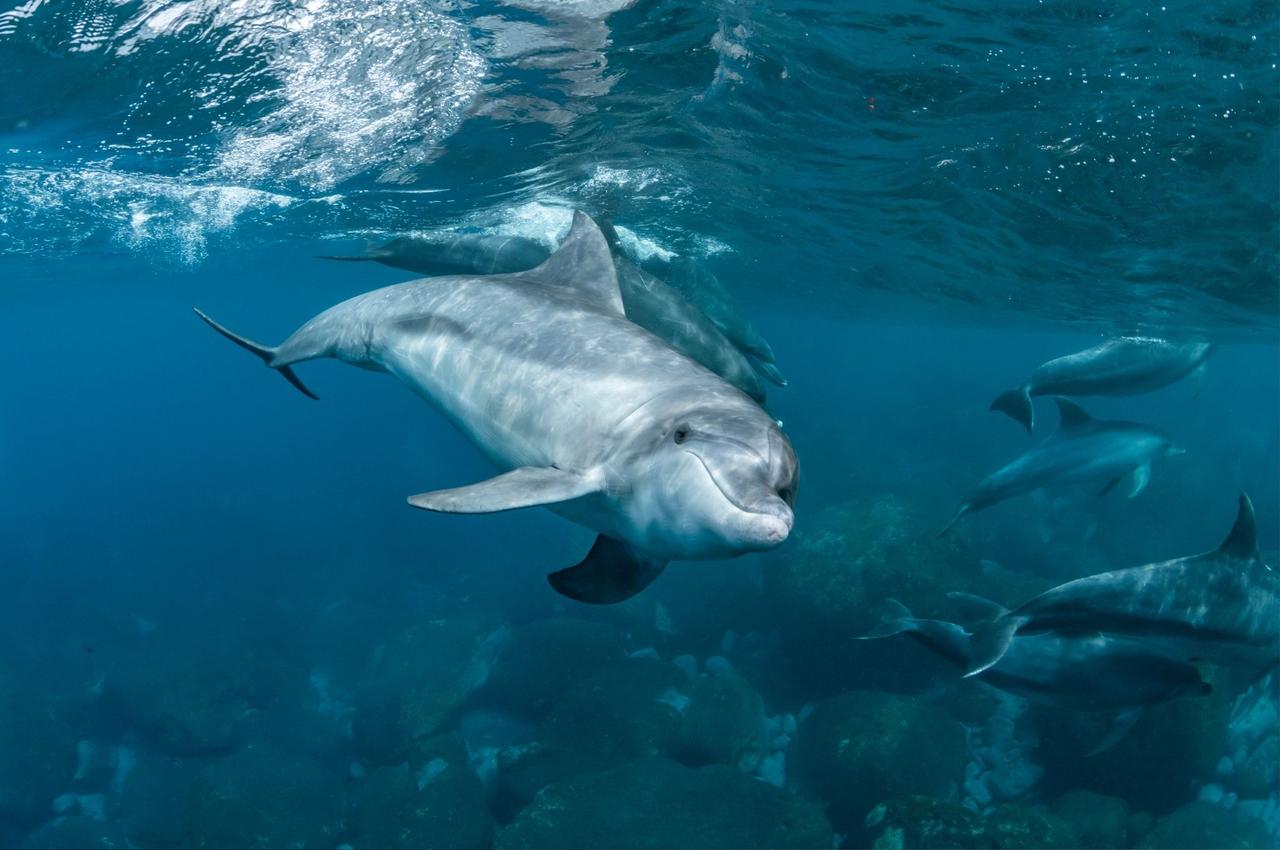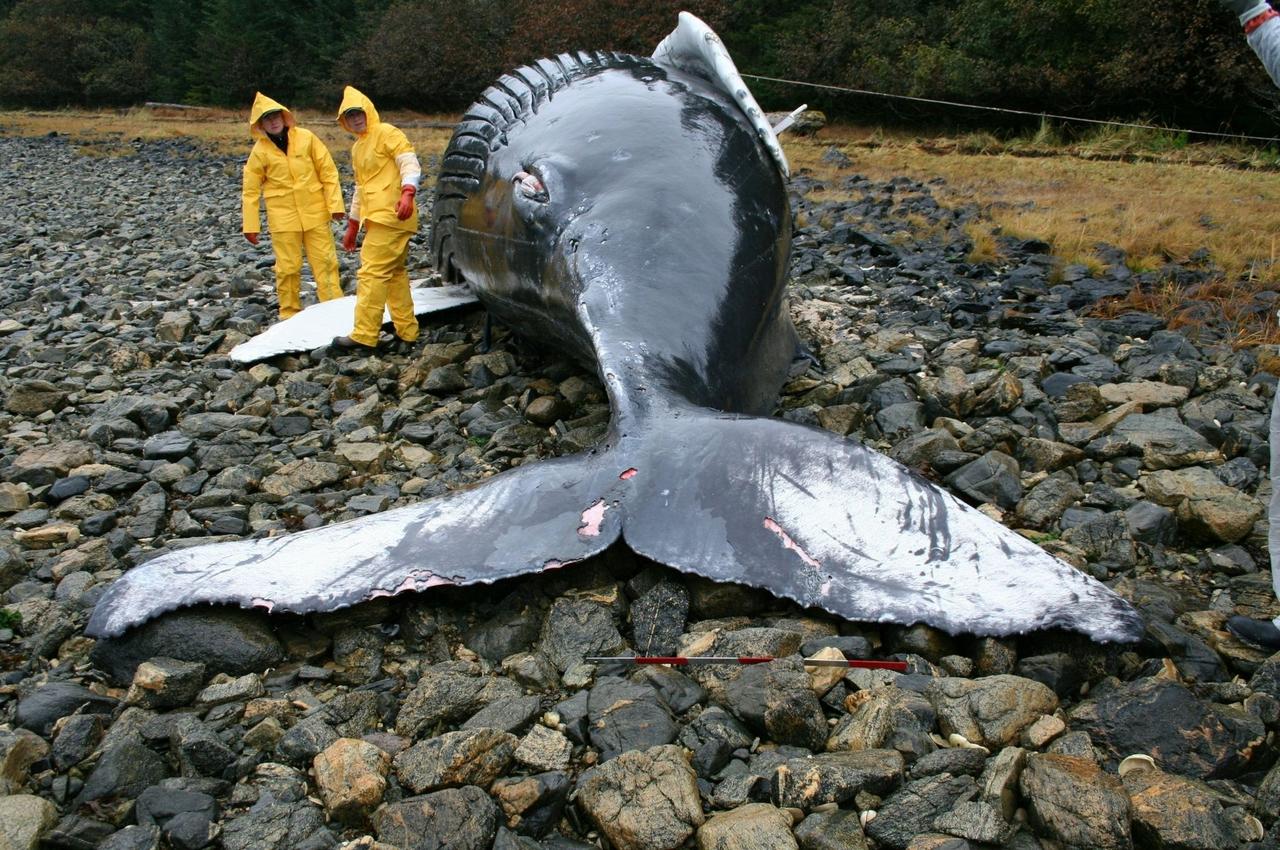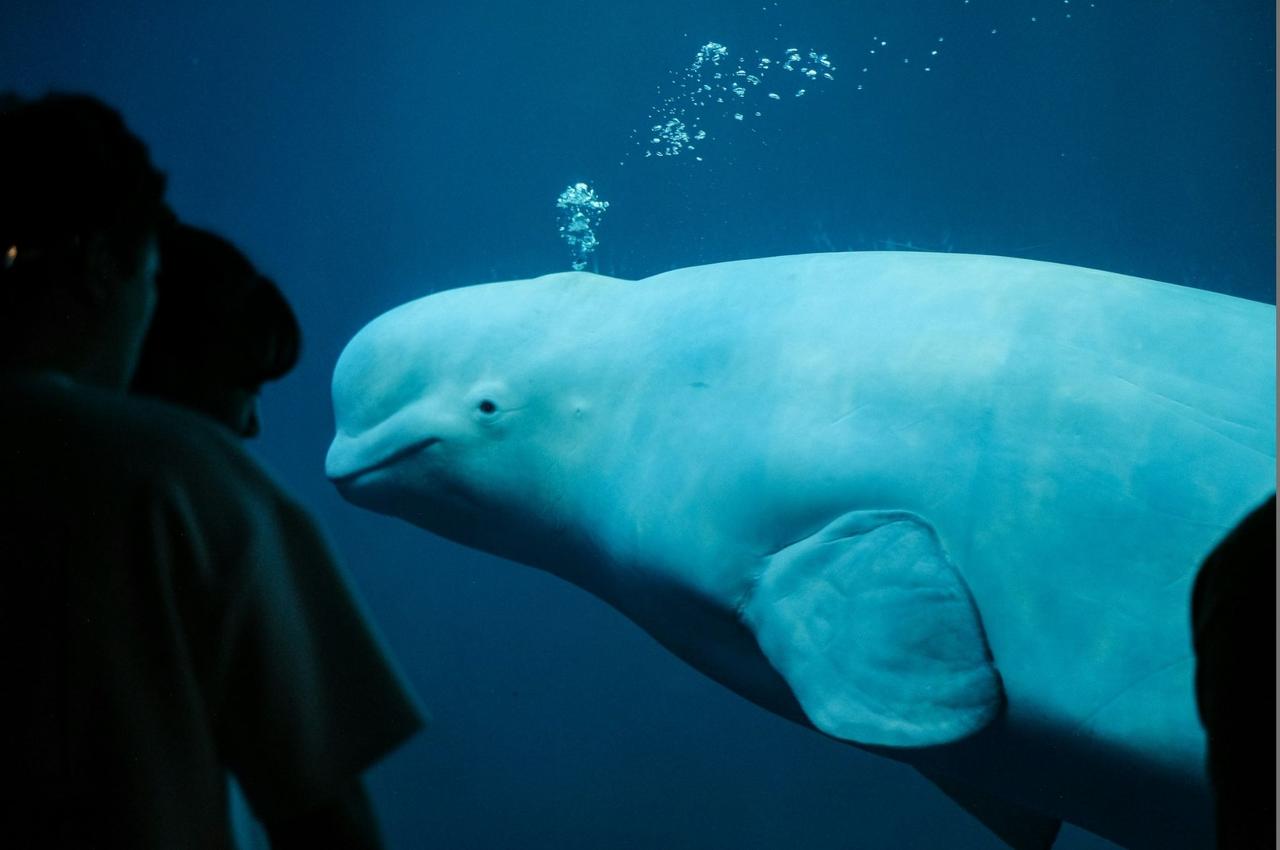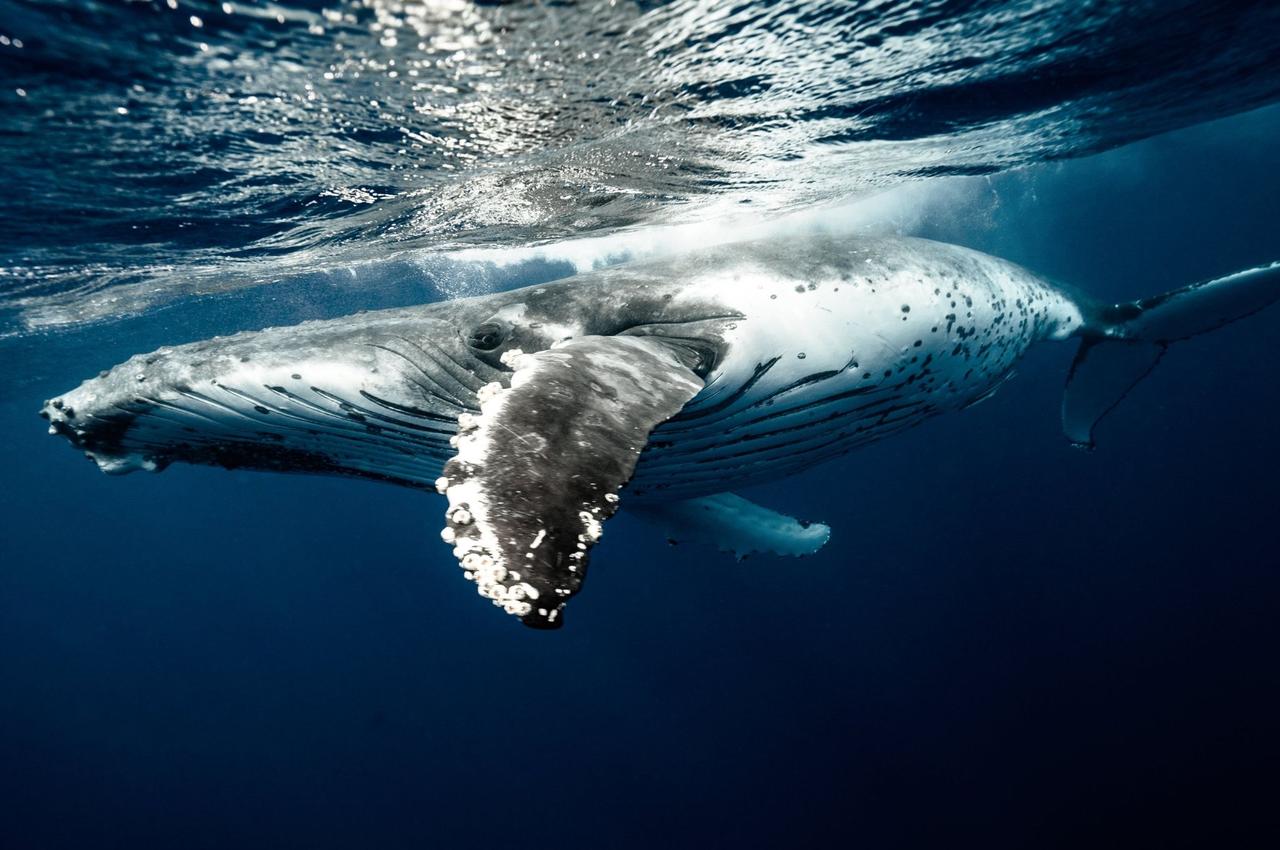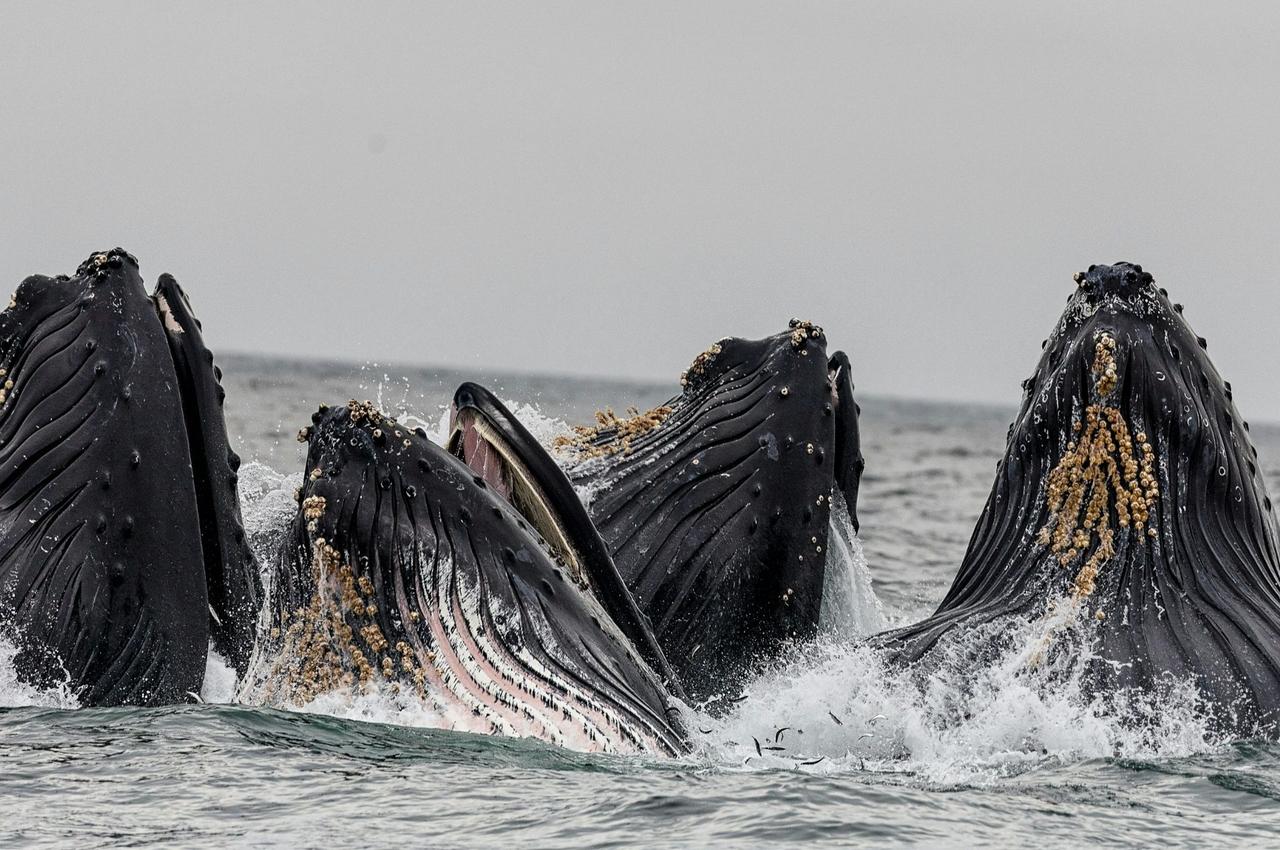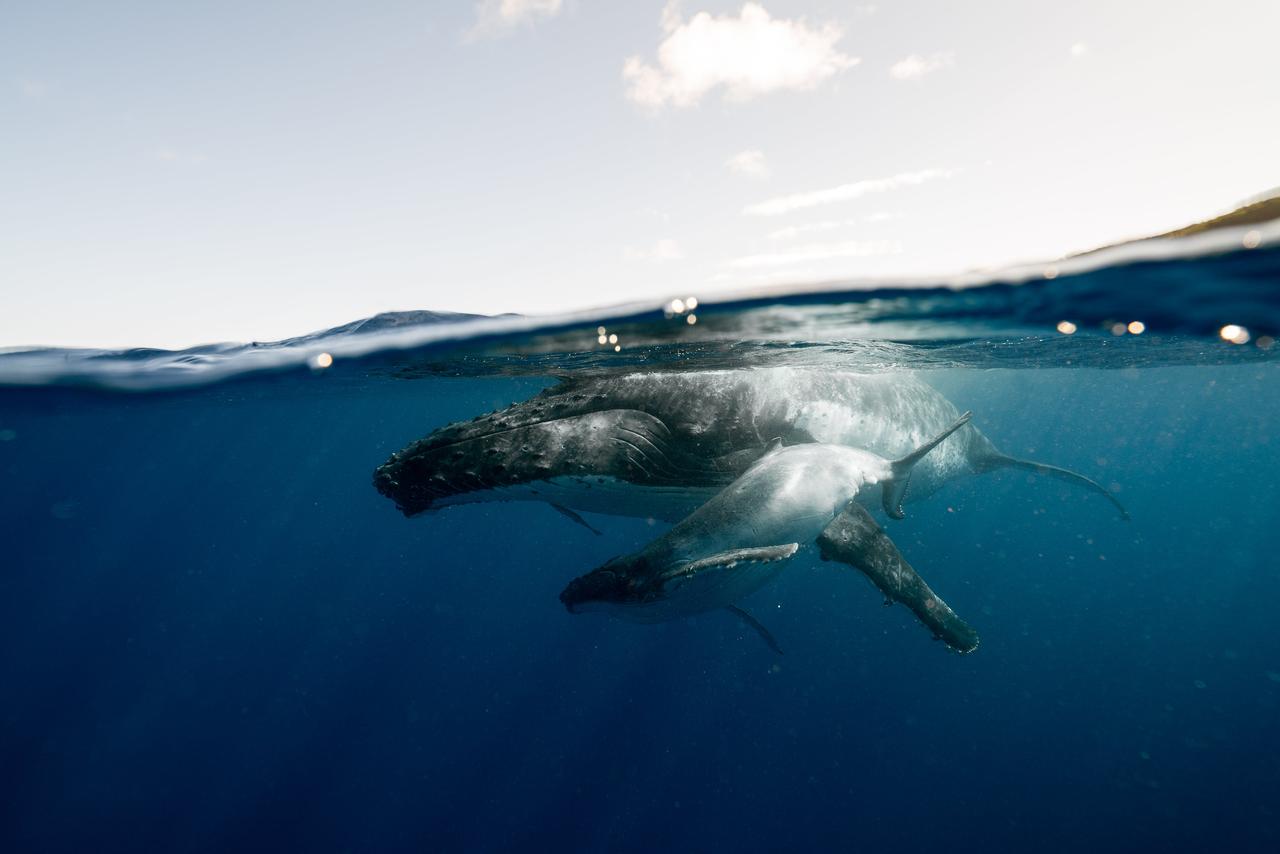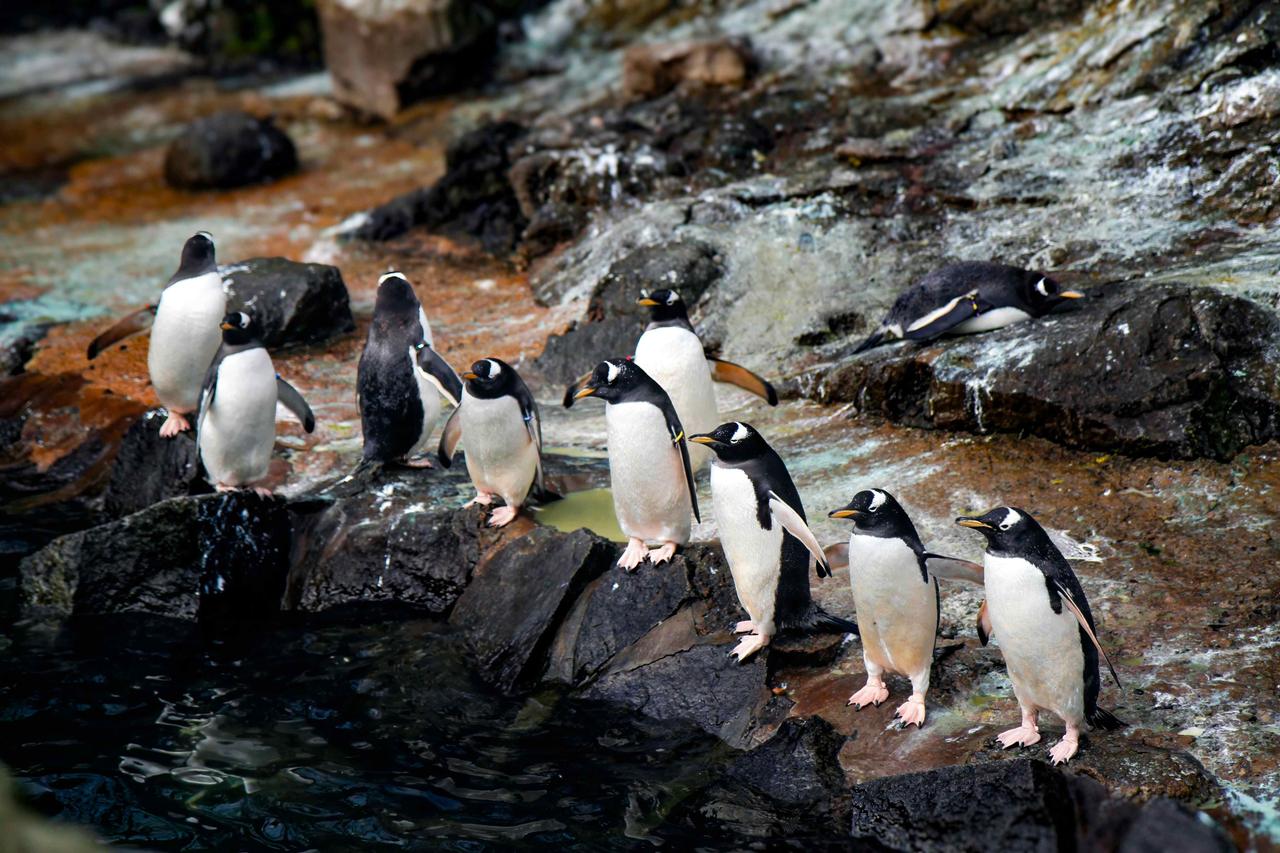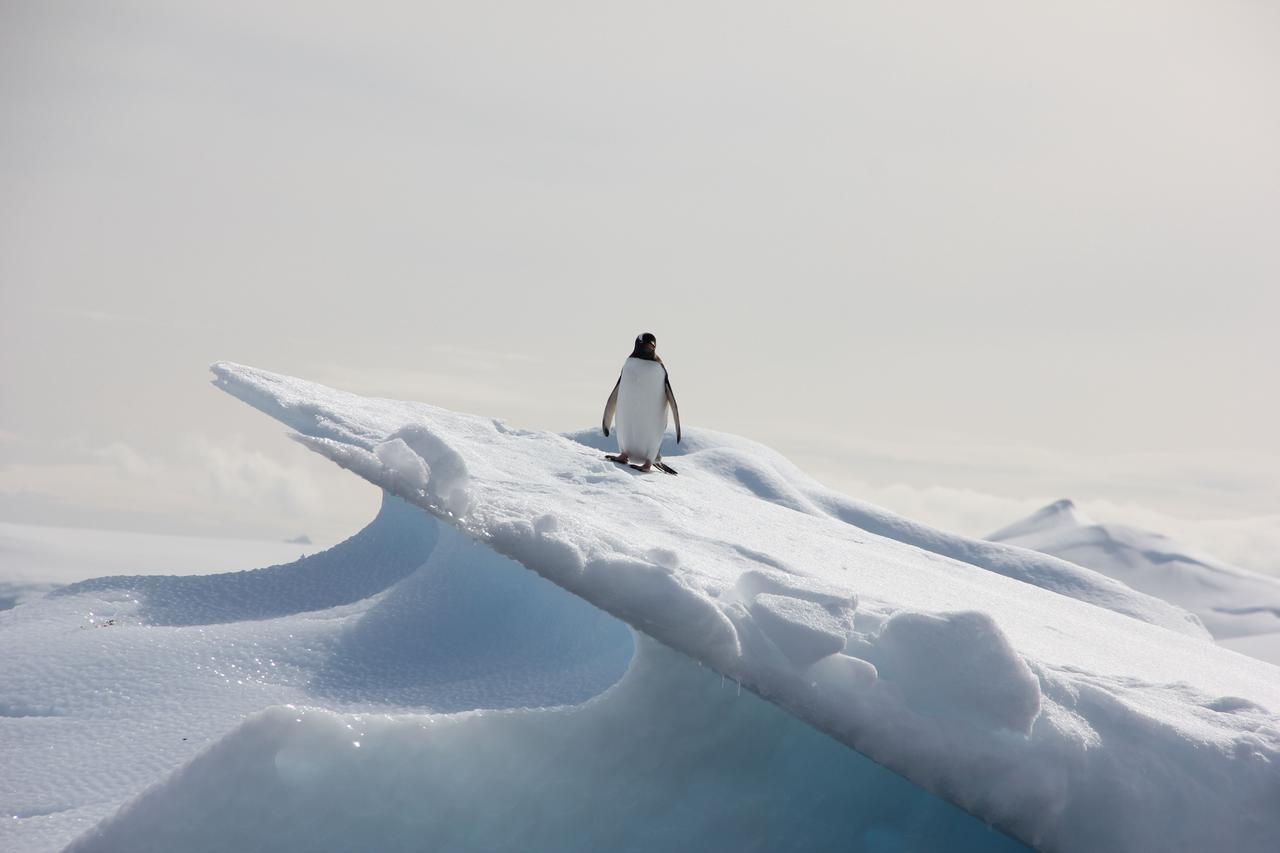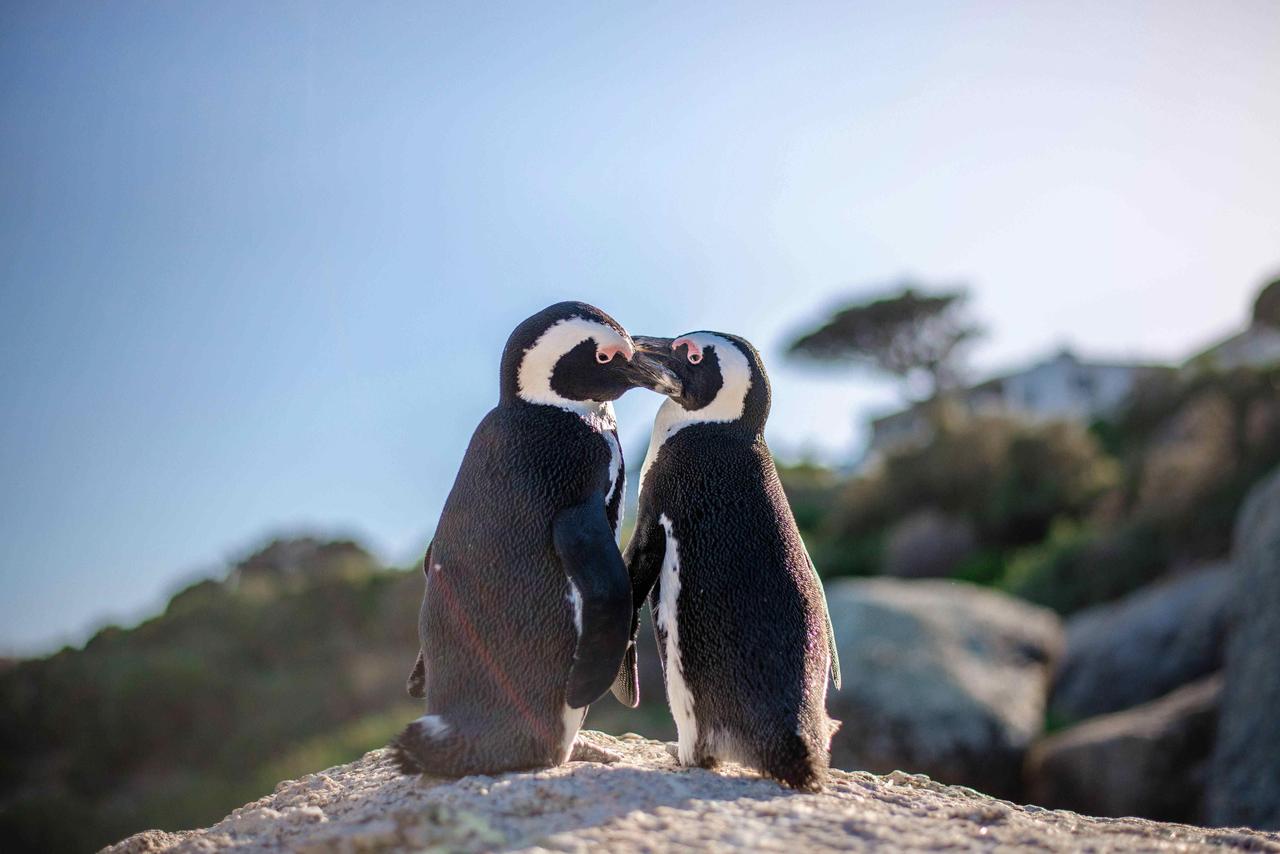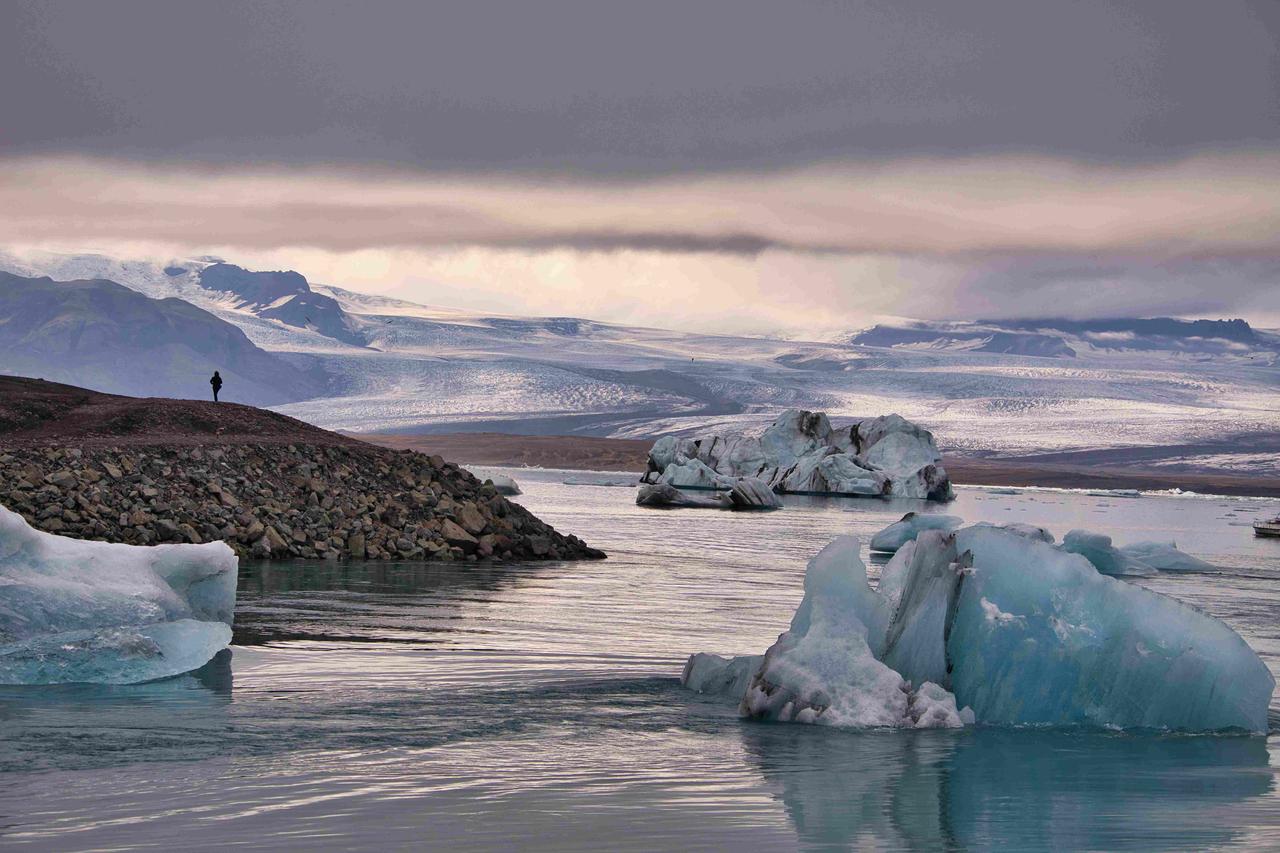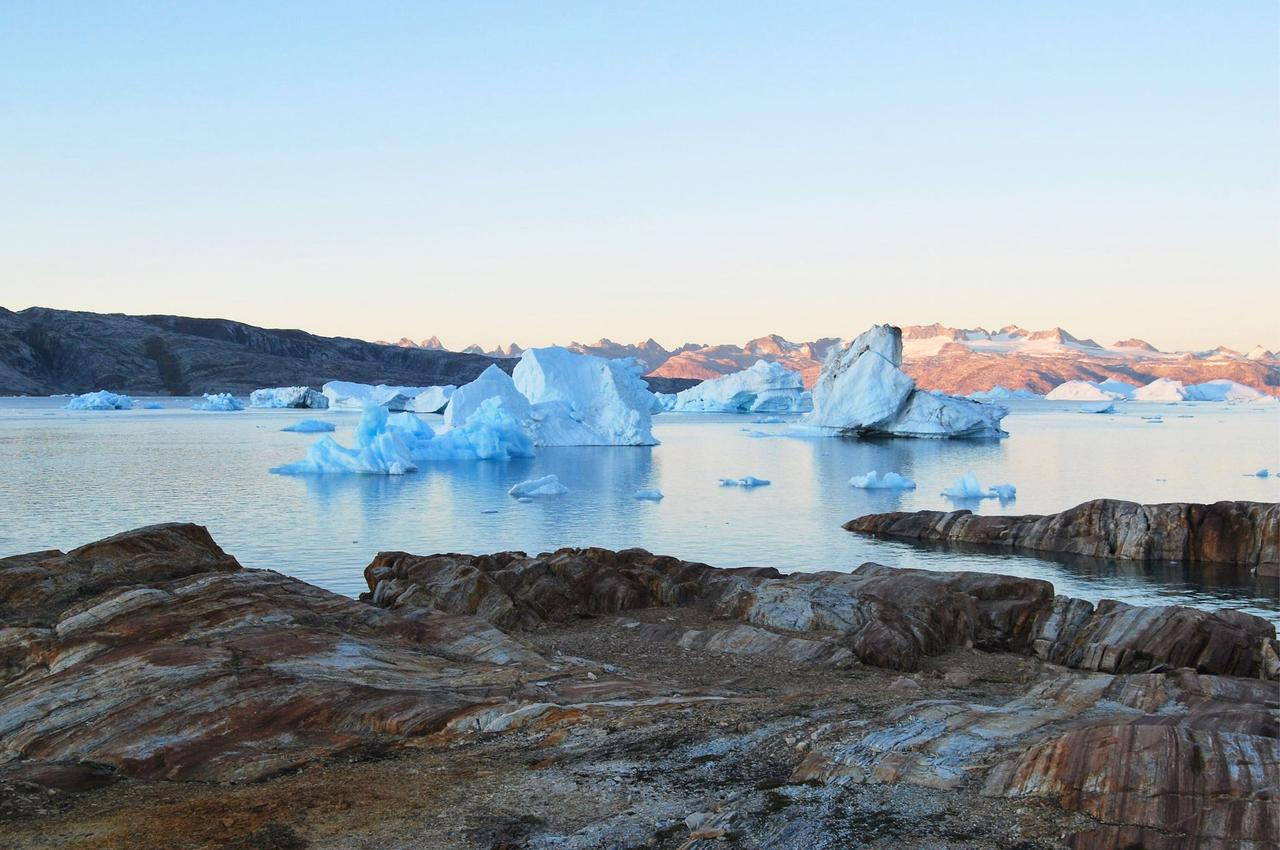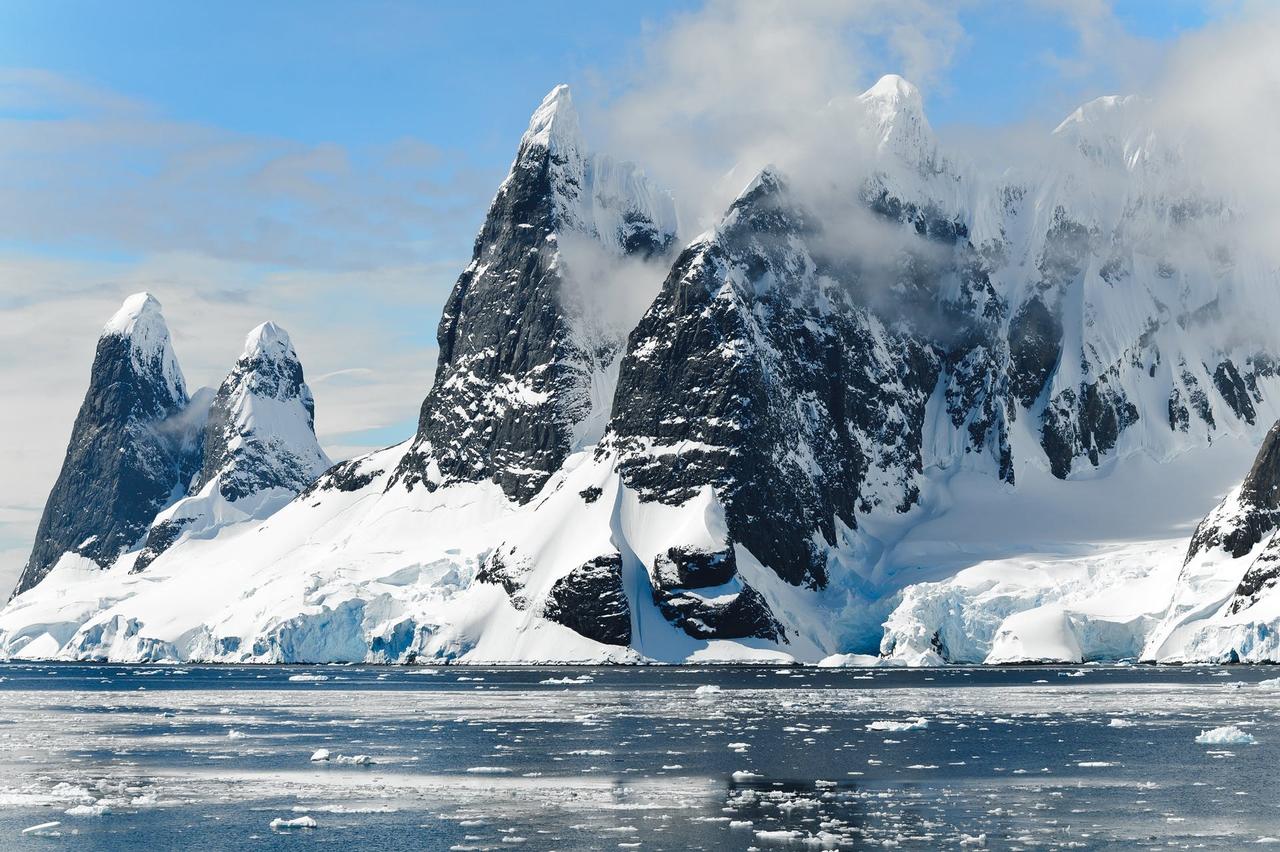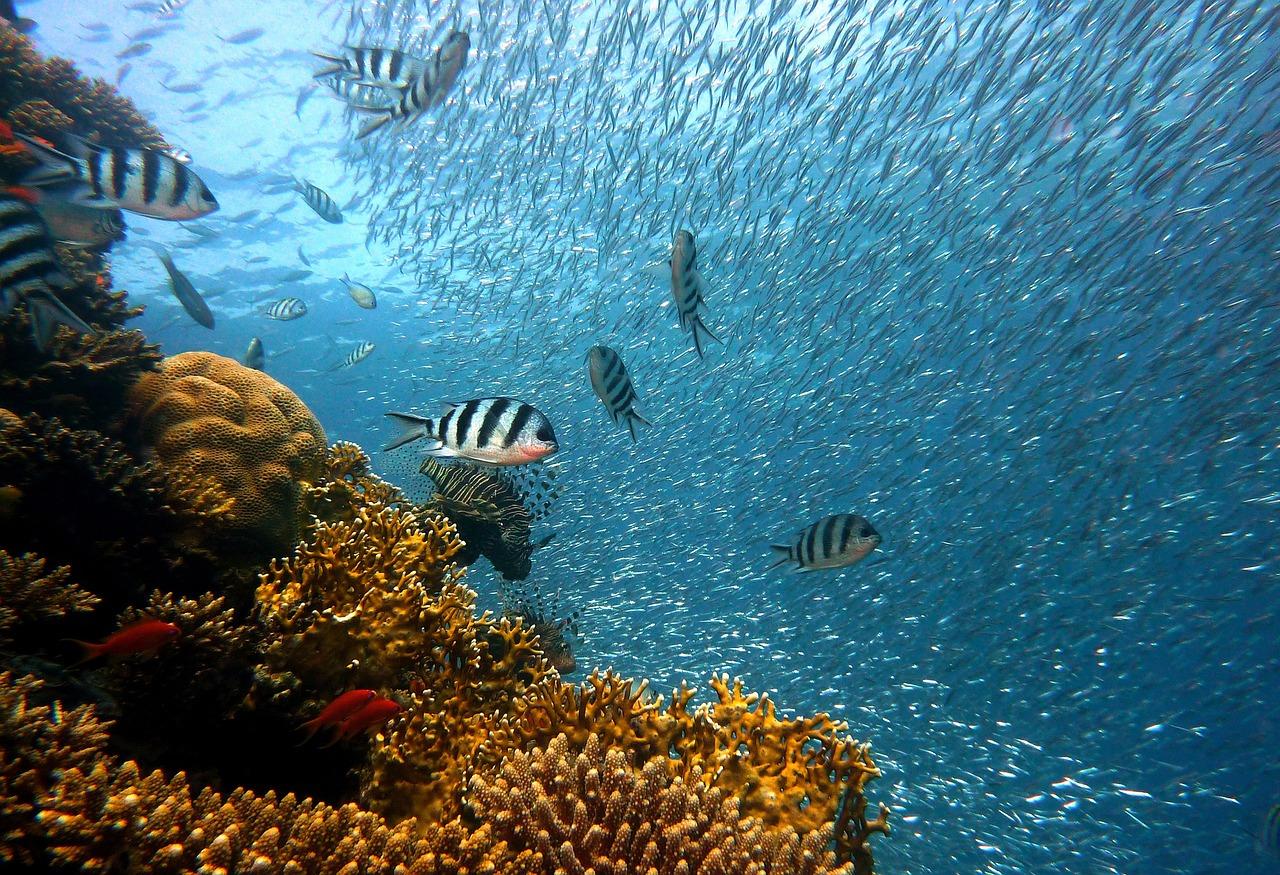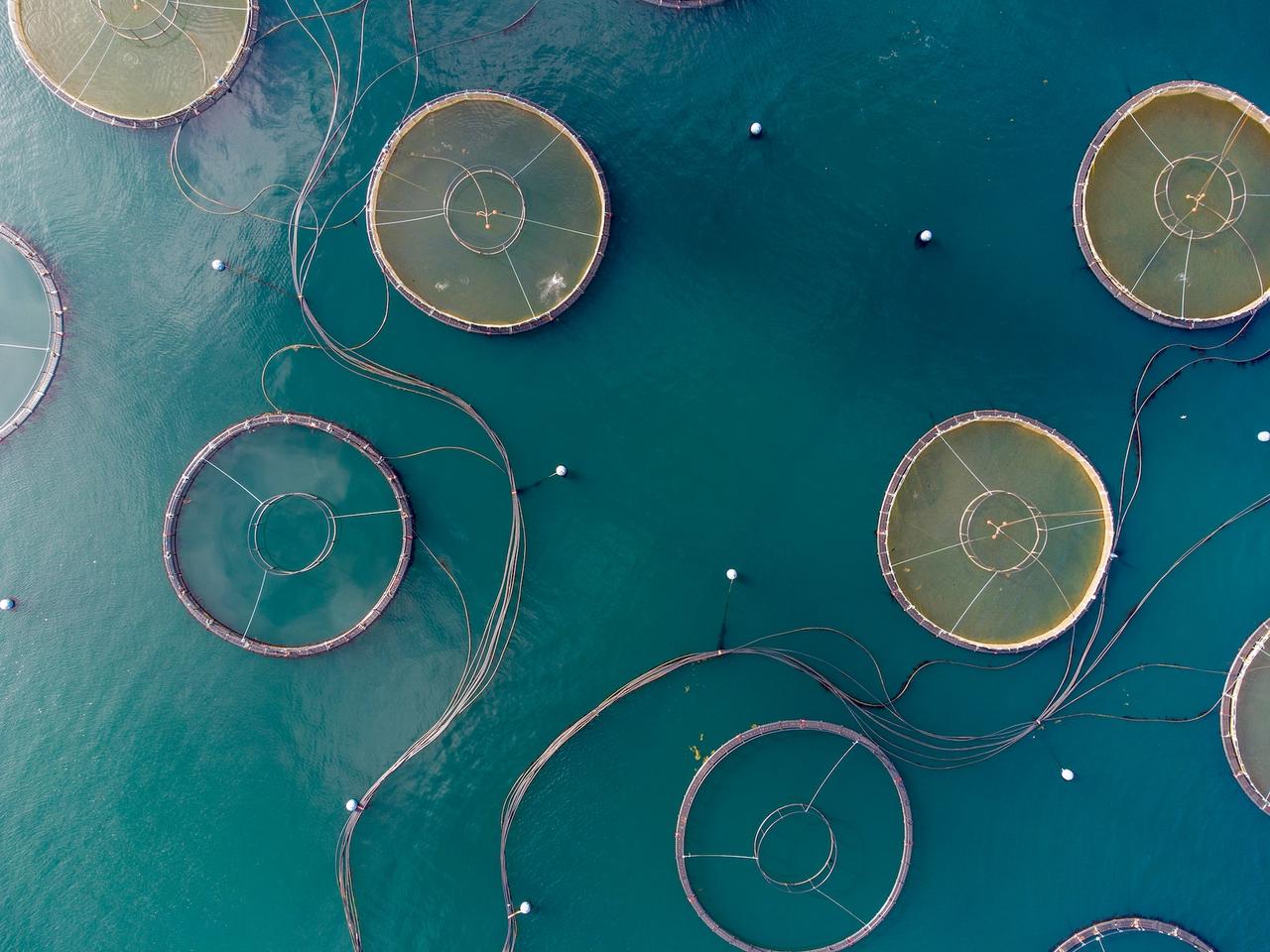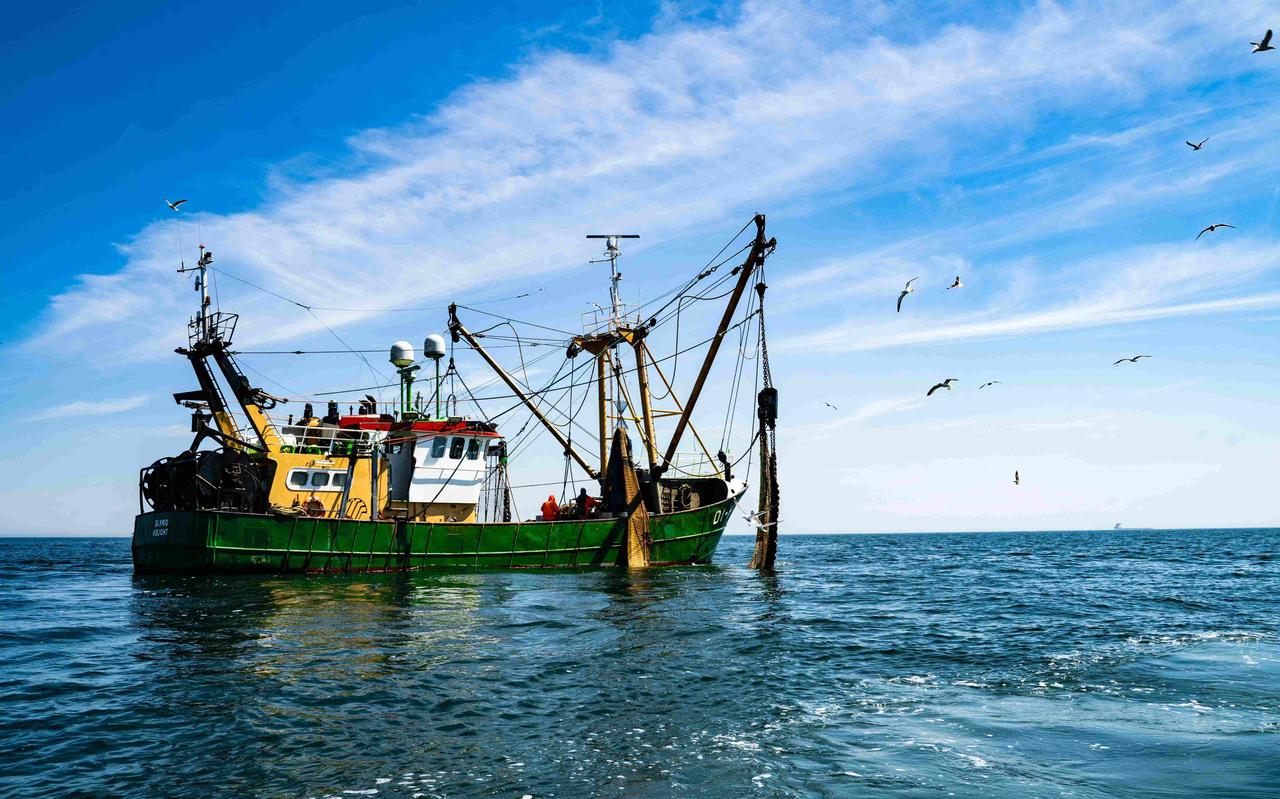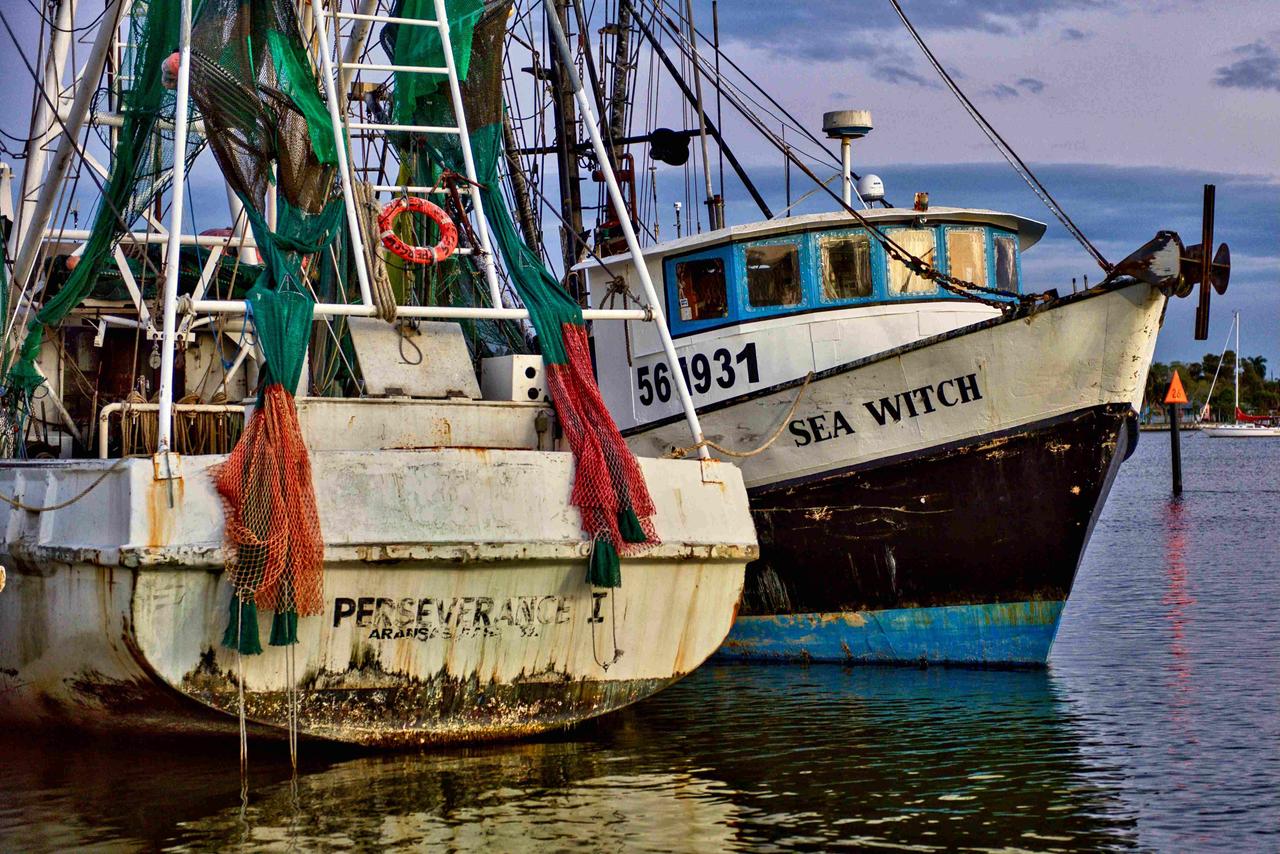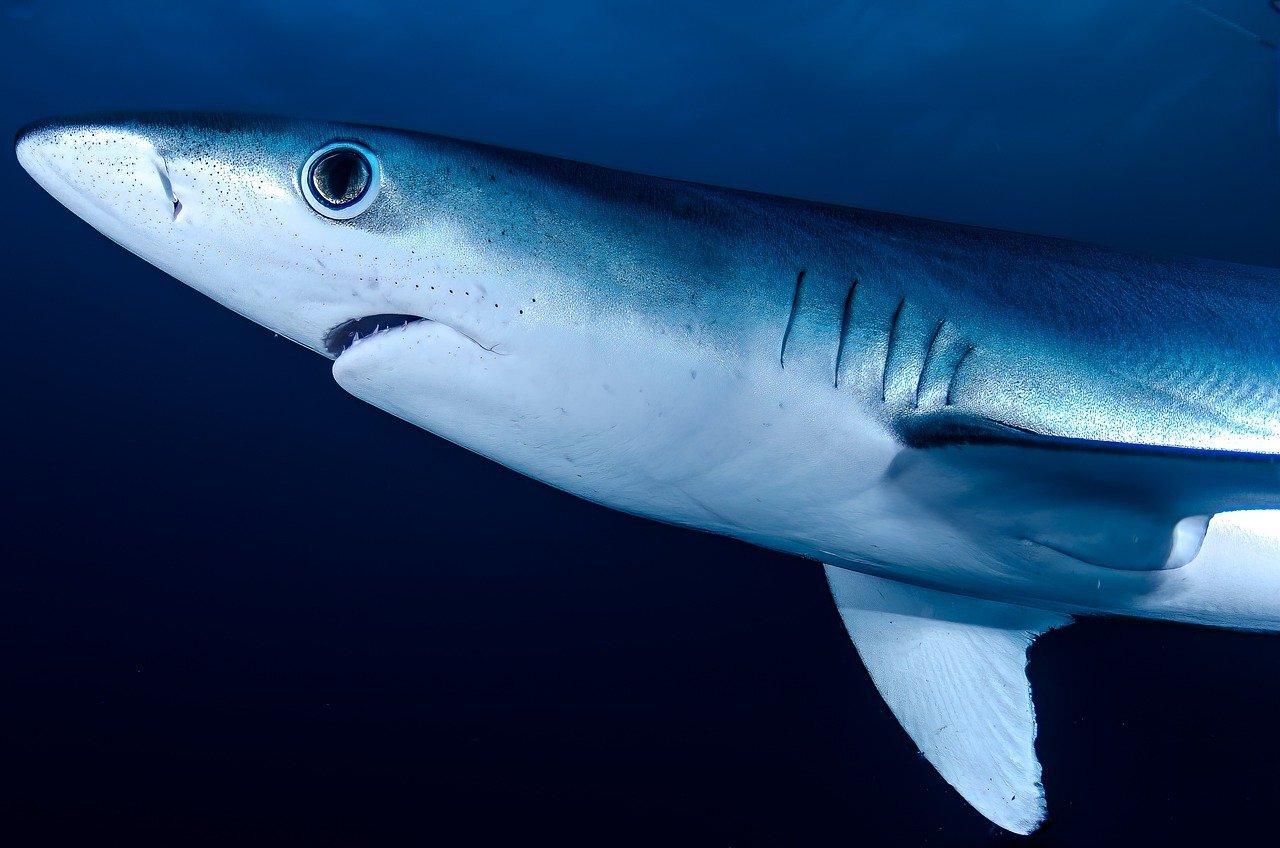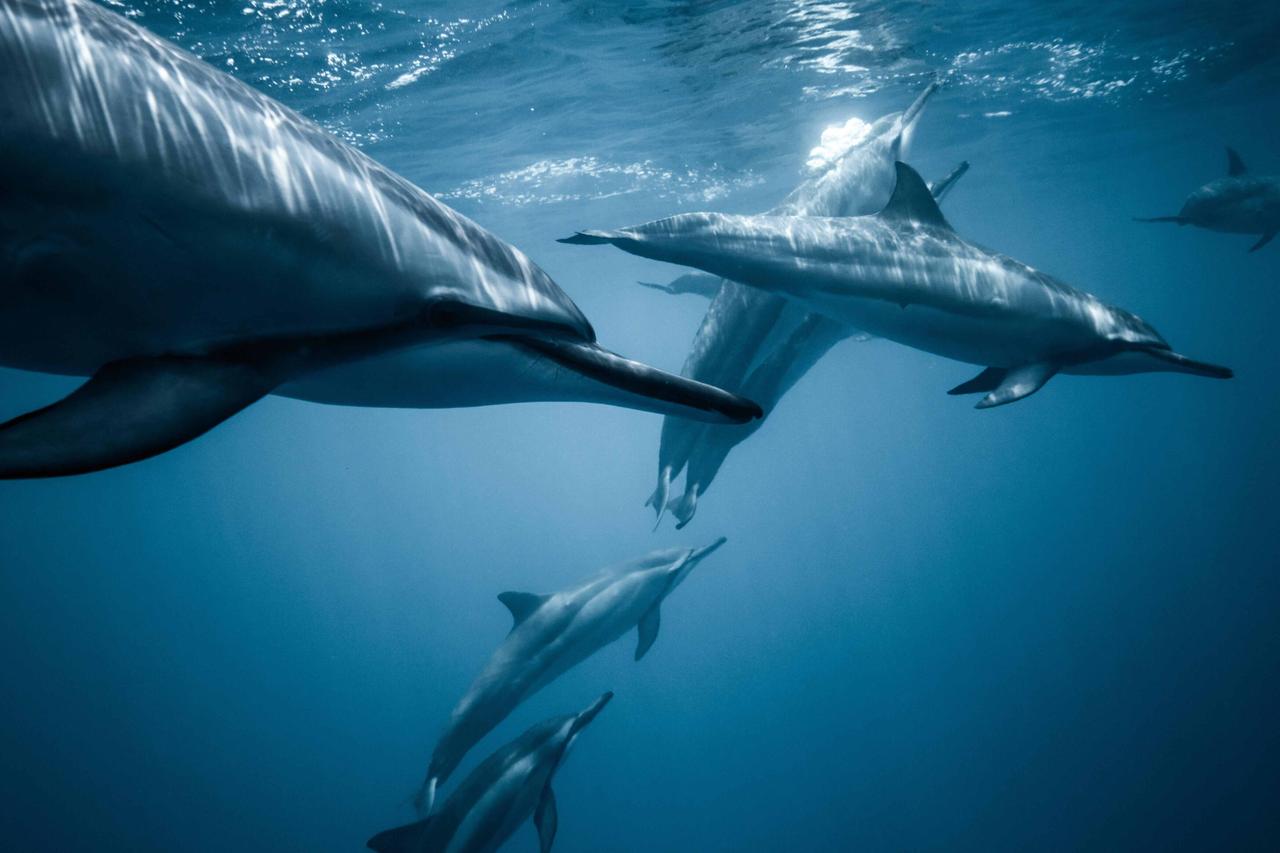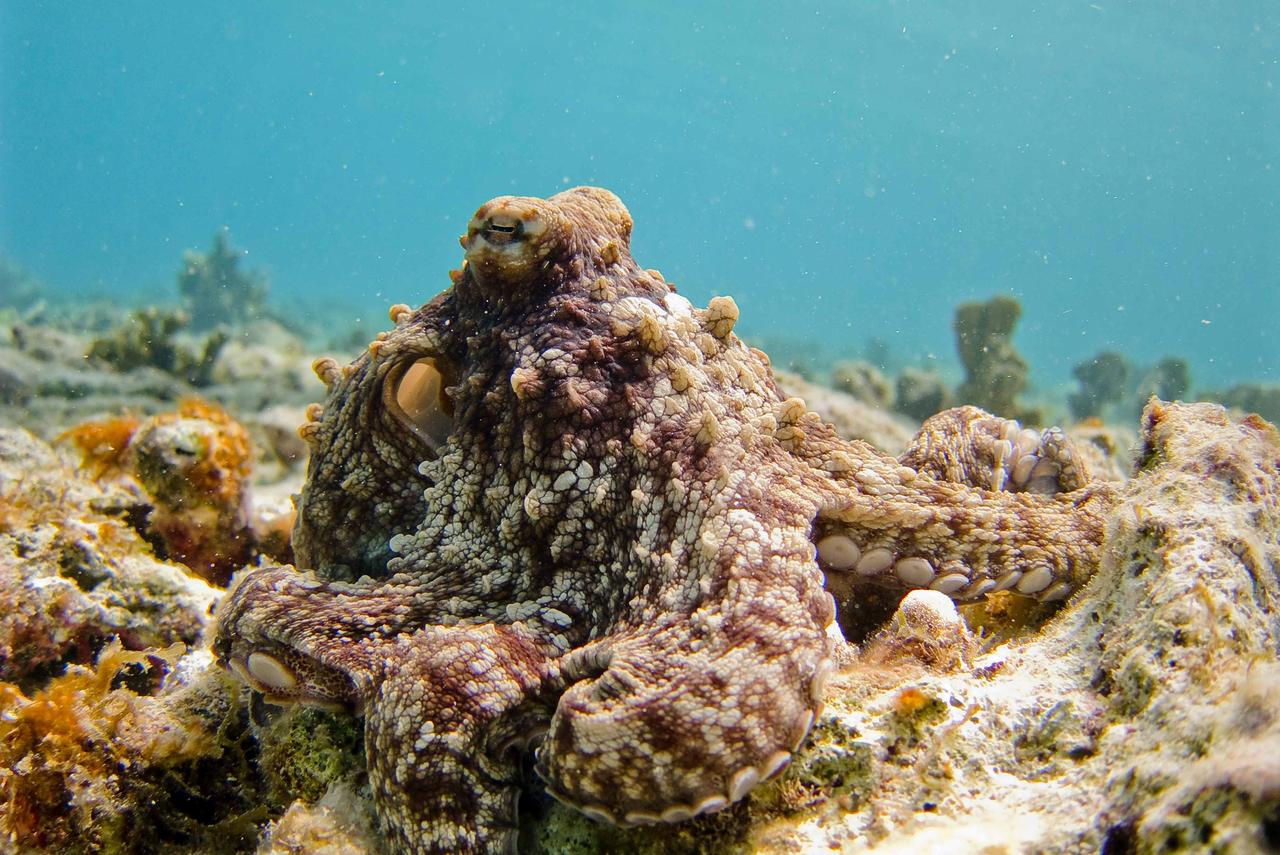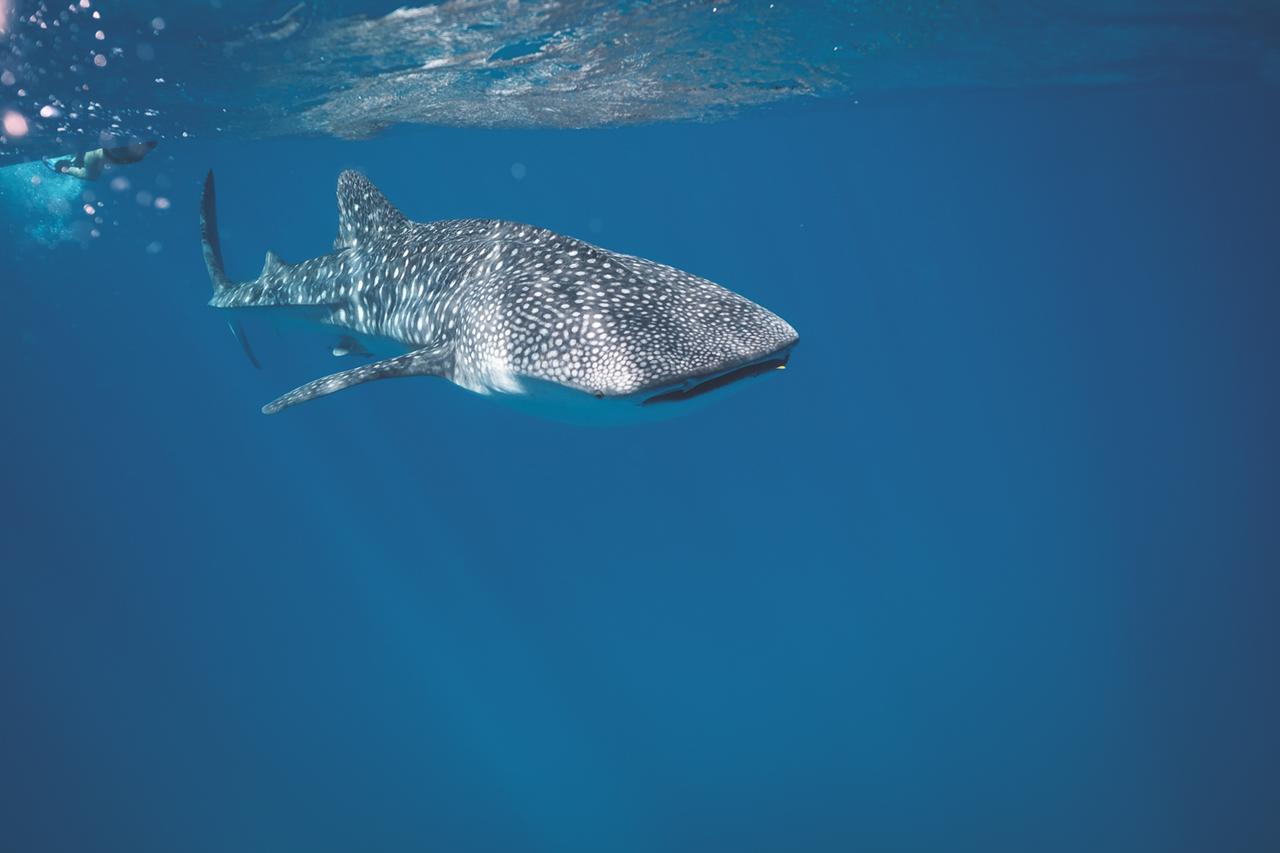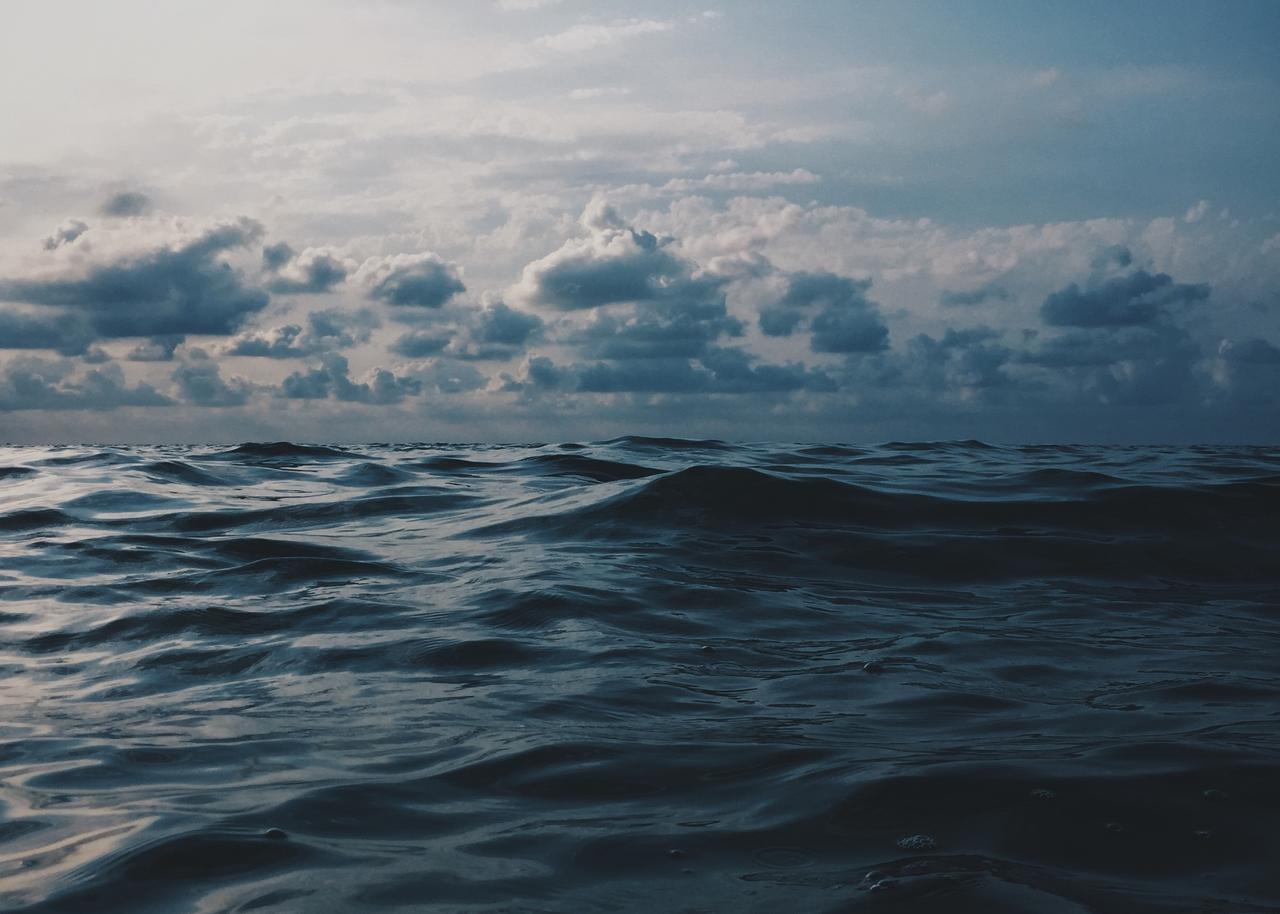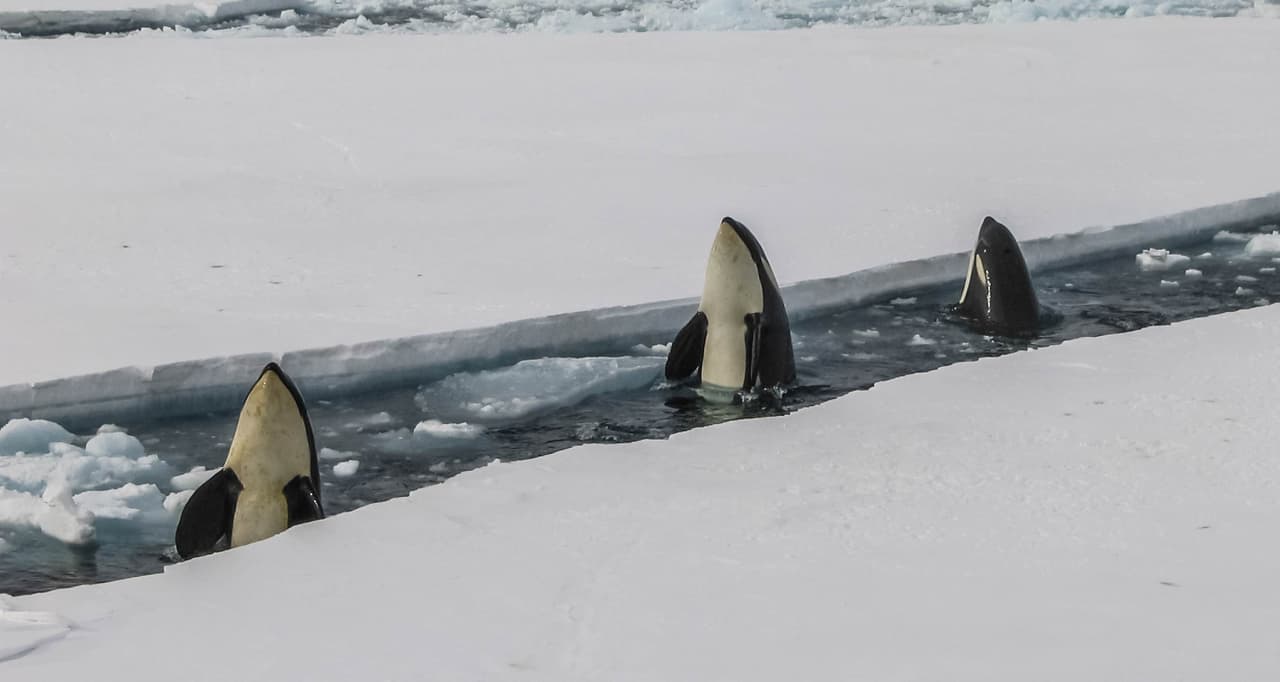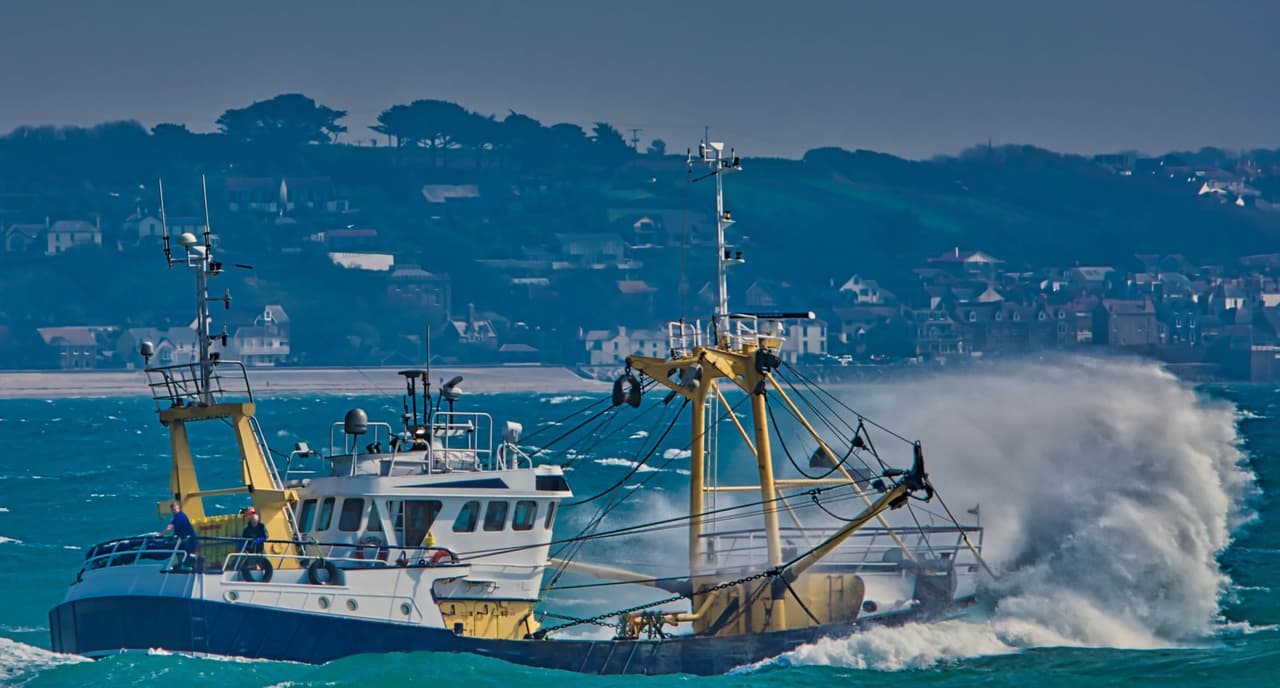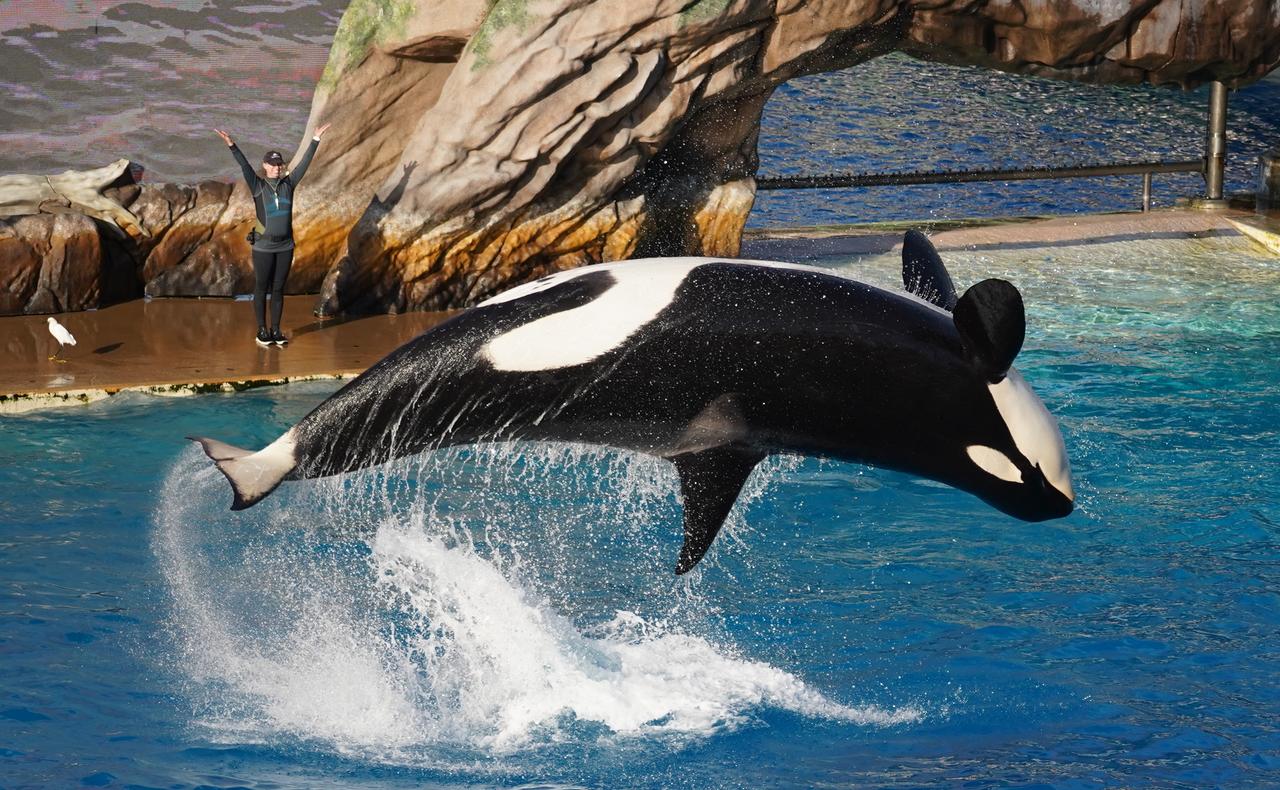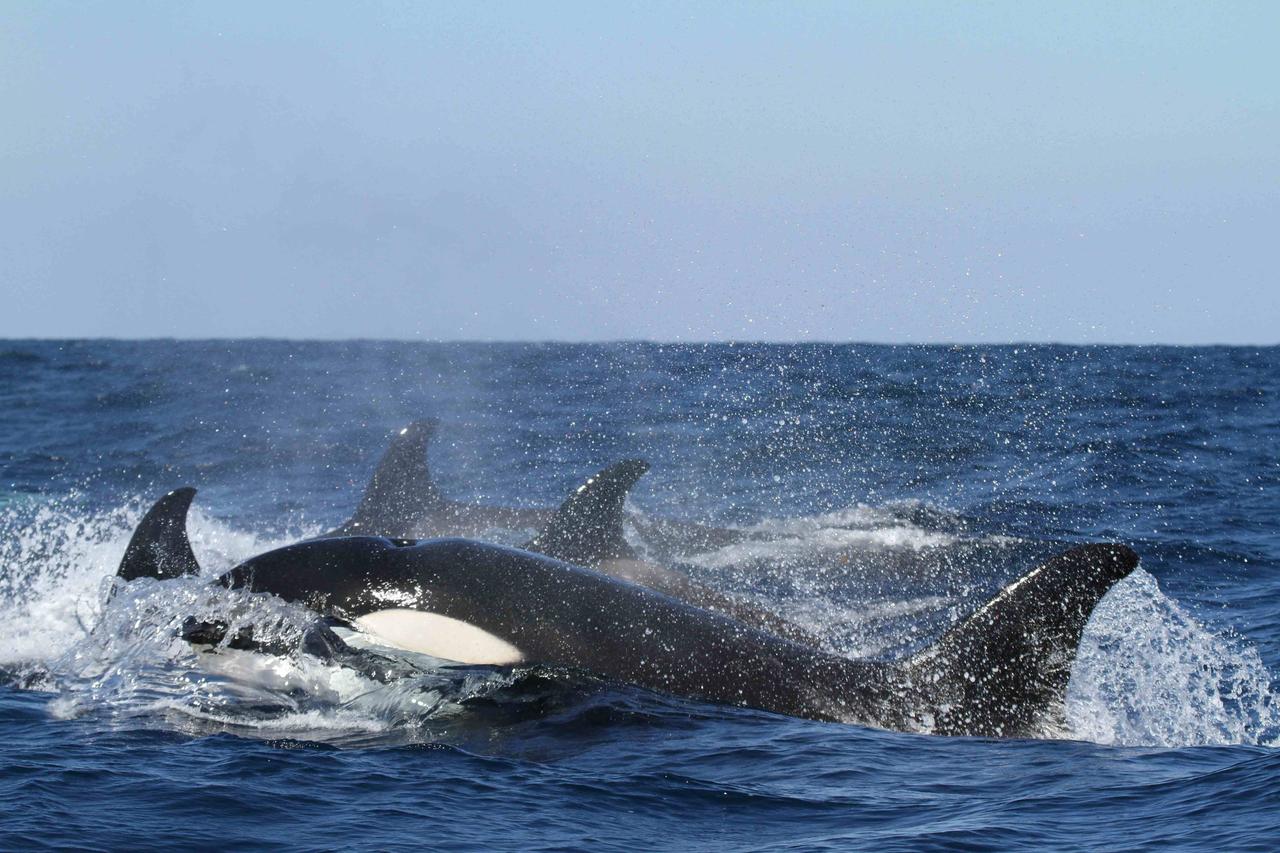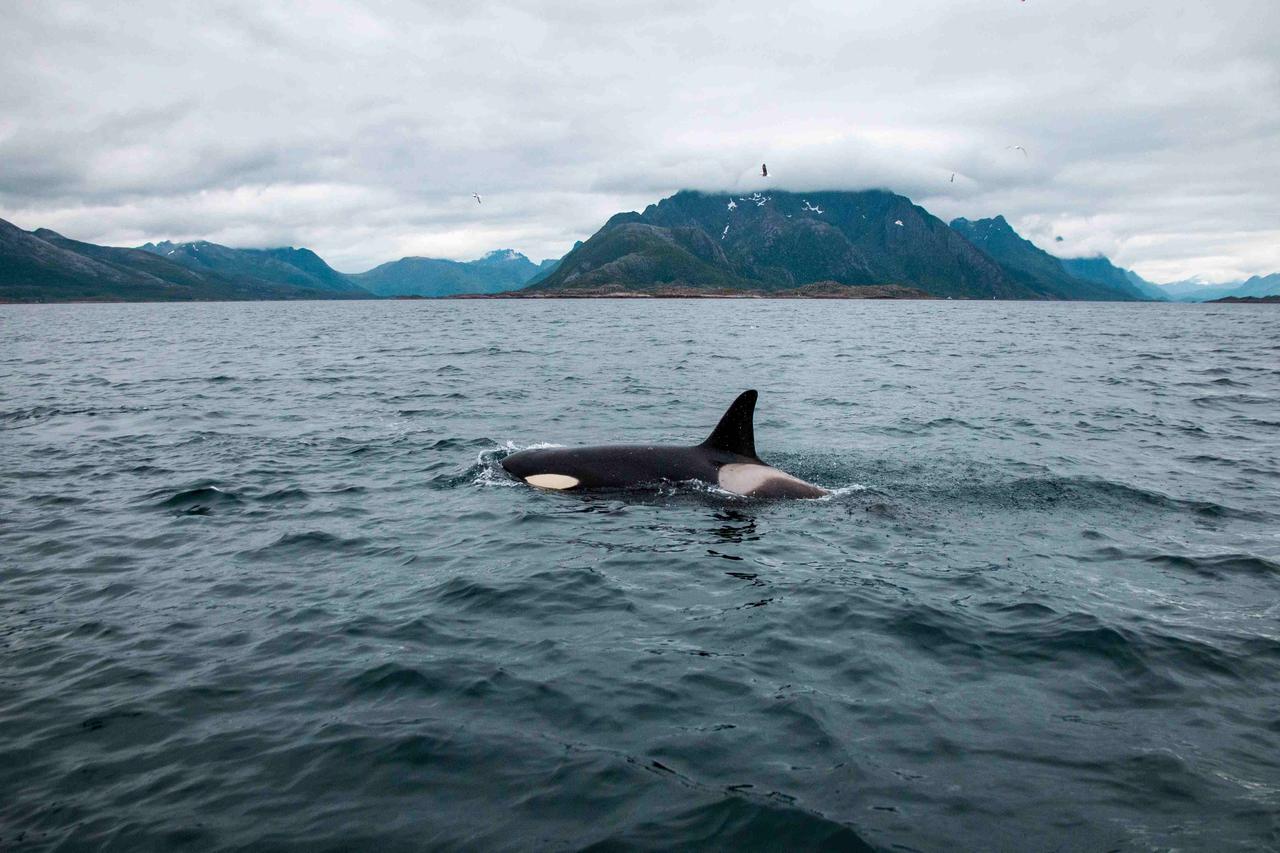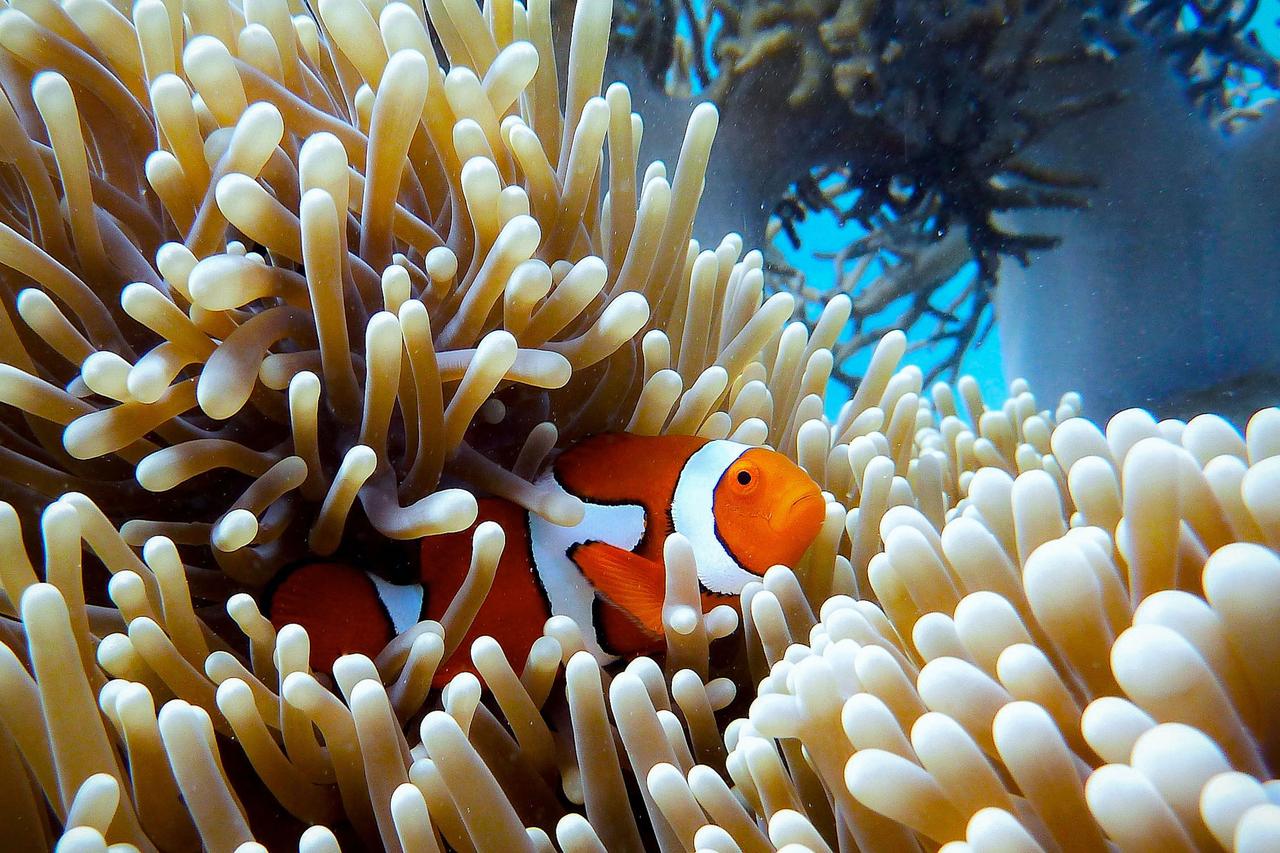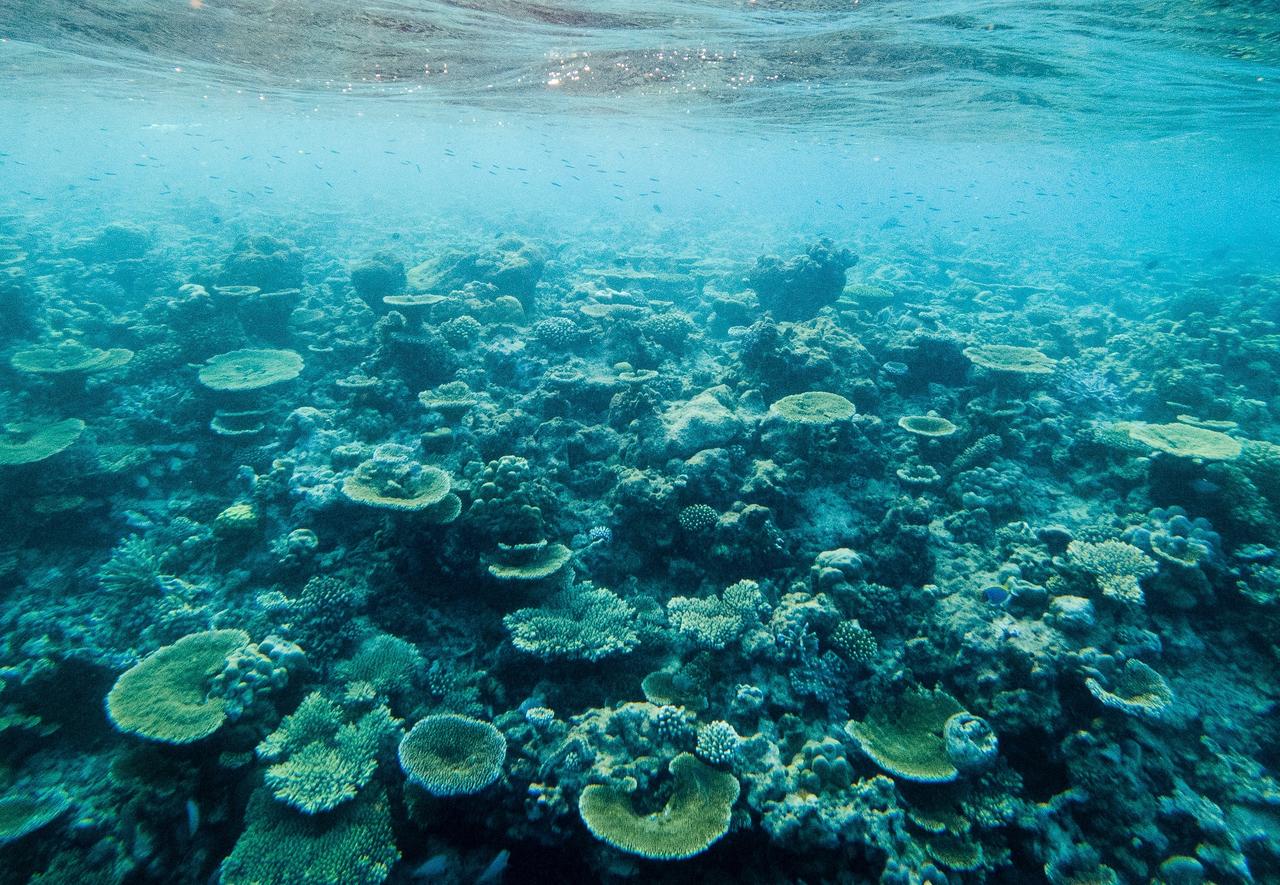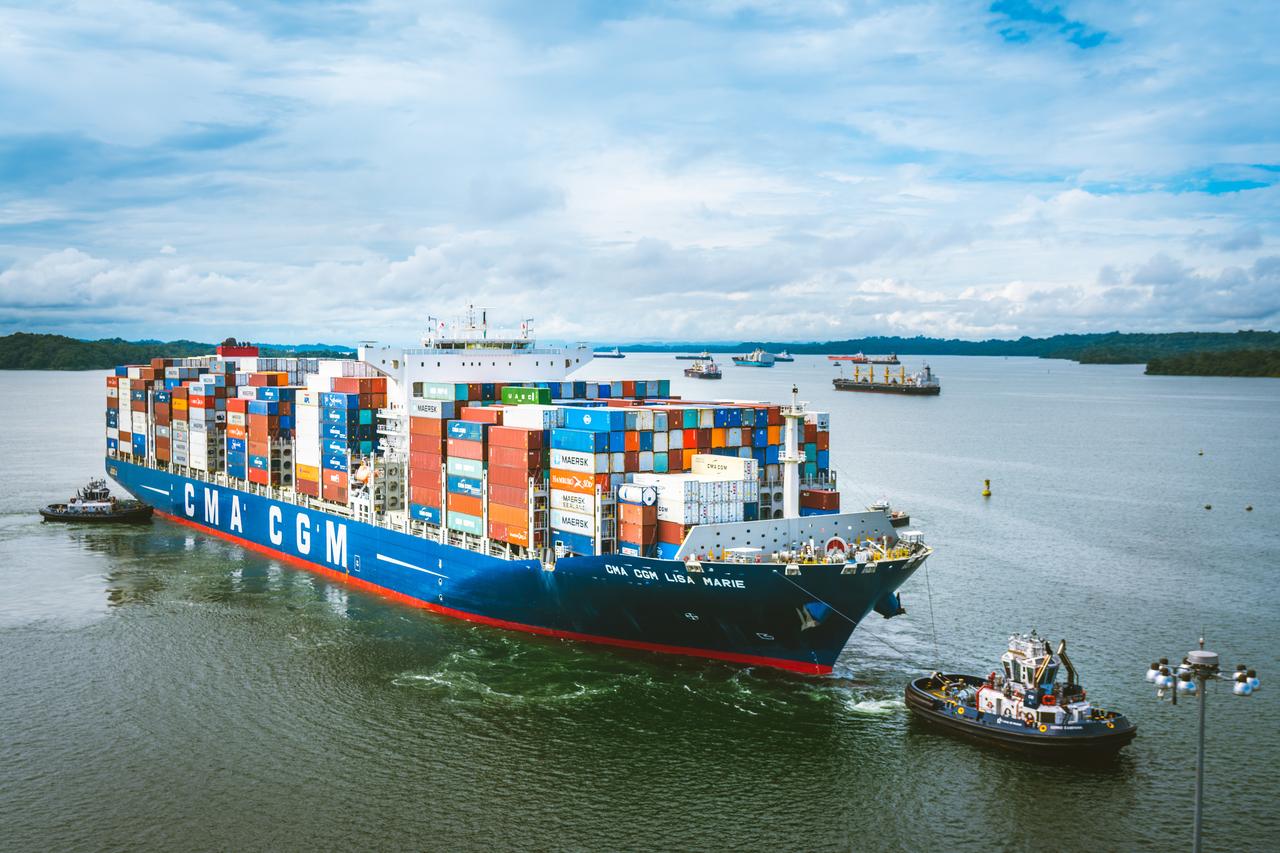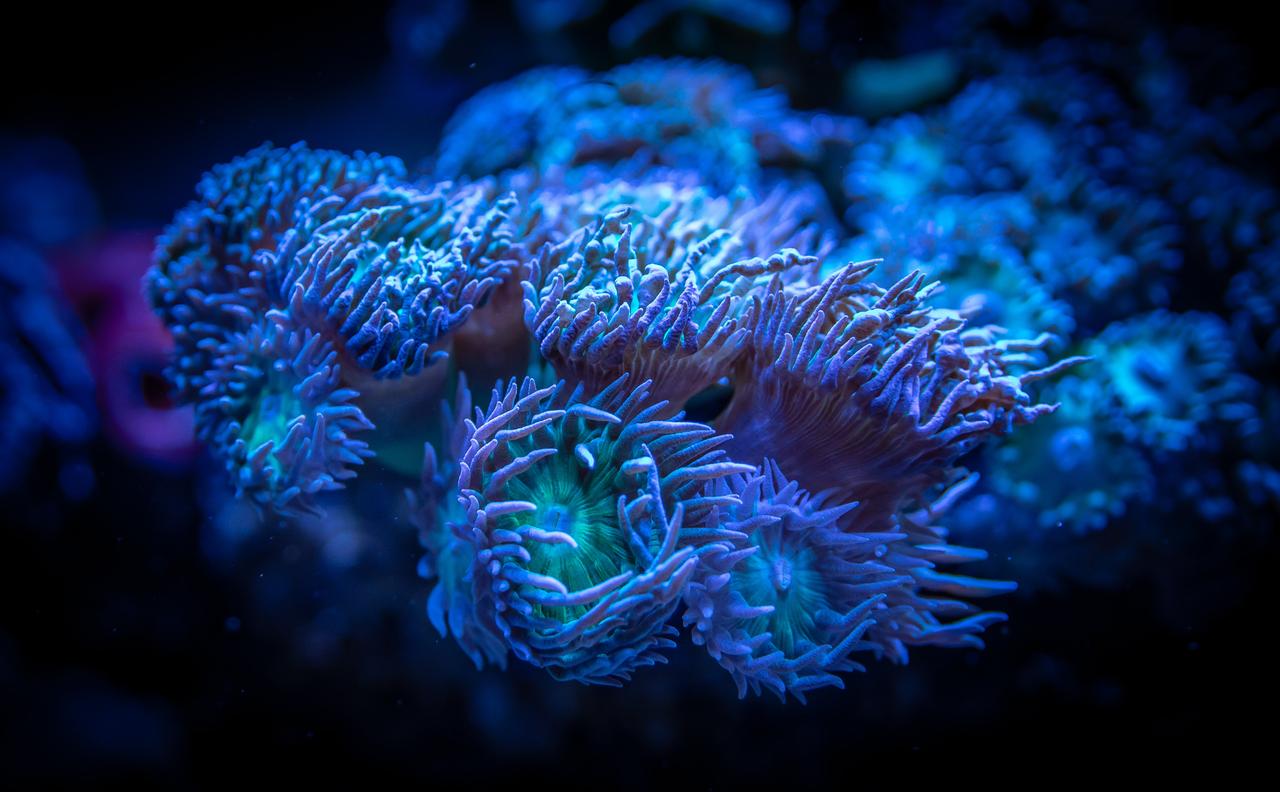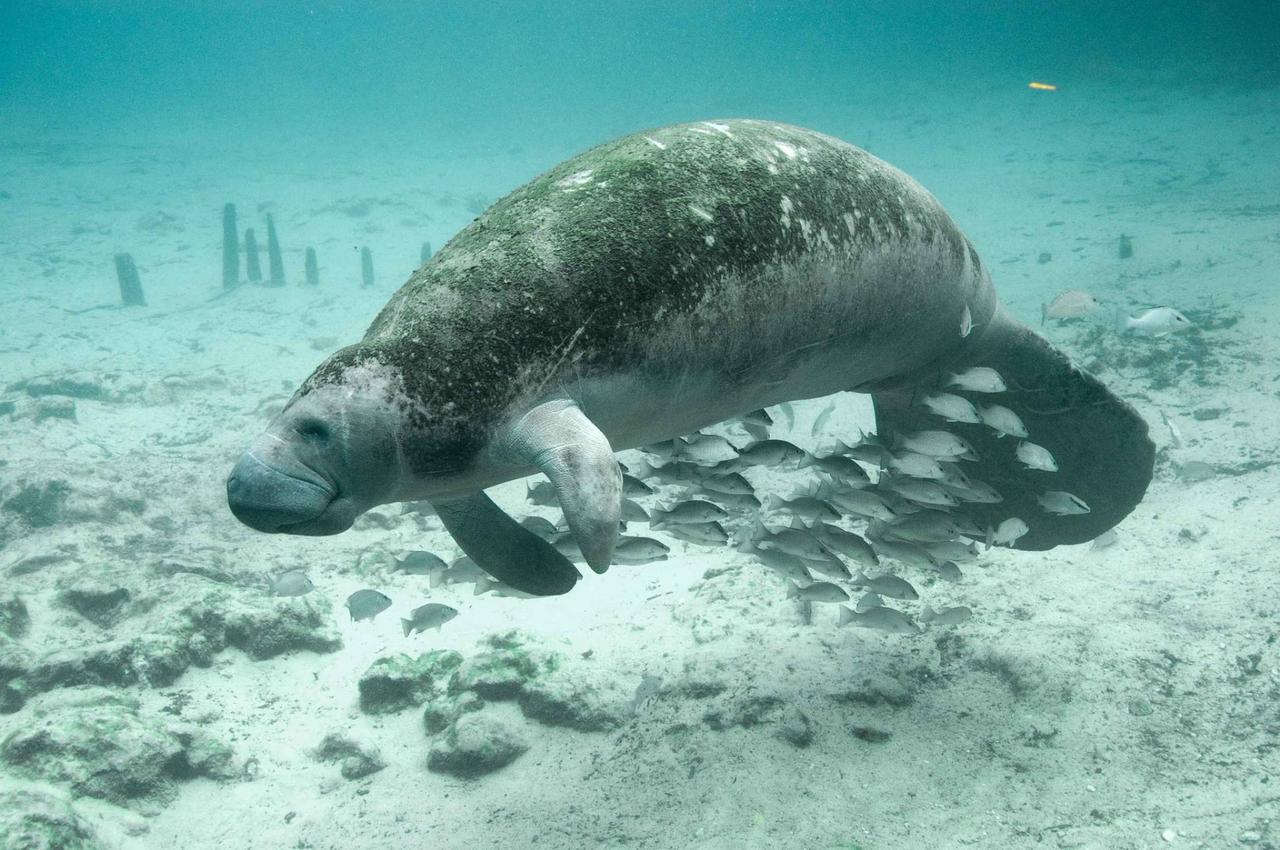
Despite being downlisted from endangered to threatened back in 2017, manatee populations have declined dramatically over the last few years. In just Florida alone, nearly 2,000 manatees died between 2021 and 2022.
When manatees were listed under the Endangered Species Act, it led to a push to save the species from extinction. At one point, this conservation proved successful; populations increased by 500% over nearly two decades. But in recent years, over 20% of the remaining population has been lost again.
What are the biggest threats to manatees today?
- Habitat Loss — Manatees depend on mangrove forests. But these marine habitats are being cleared at an alarming rate for urban development. Tampa has lost 50% of its mangroves, and Charlotte Harbor almost 60%.
- Boats — If you’ve been lucky enough to see manatees, you may have noticed not many are devoid of scars. In fact, 96% of Florida’s adult manatees show signs of boat collisions — more than any other marine mammal. A quarter of all manatee deaths are because of boats.
- Red tide — During these events, when harmful algae blooms because of toxic runoff, manatees are poisoned by consuming contaminated sea vegetation. This leads some manatees to experience seizures, difficulty lifting their head to breathe, drown, or even starve to death. In 2021, so many manatees were at risk of starvation that wildlife officials resorted to feeding manatees cabbage and lettuce to prevent further catastrophe.
What will happen if we don’t stop these threats?
Failure to address these threats could lead to dire consequences for manatees. Already, populations are dwindling, and their habitats are increasingly compromised. Without decisive action, the gentle giants of the sea could face the risk of extinction, joining the ranks of other species lost to human impact, and leading to a disruption in the balance of the ecosystems they inhabit.
Let’s ensure no other manatees face a similar fate. Donate to VAKOVAKO to support nonprofits who are working tirelessly to protect manatees and our OCEANS.
